Speakers and artists
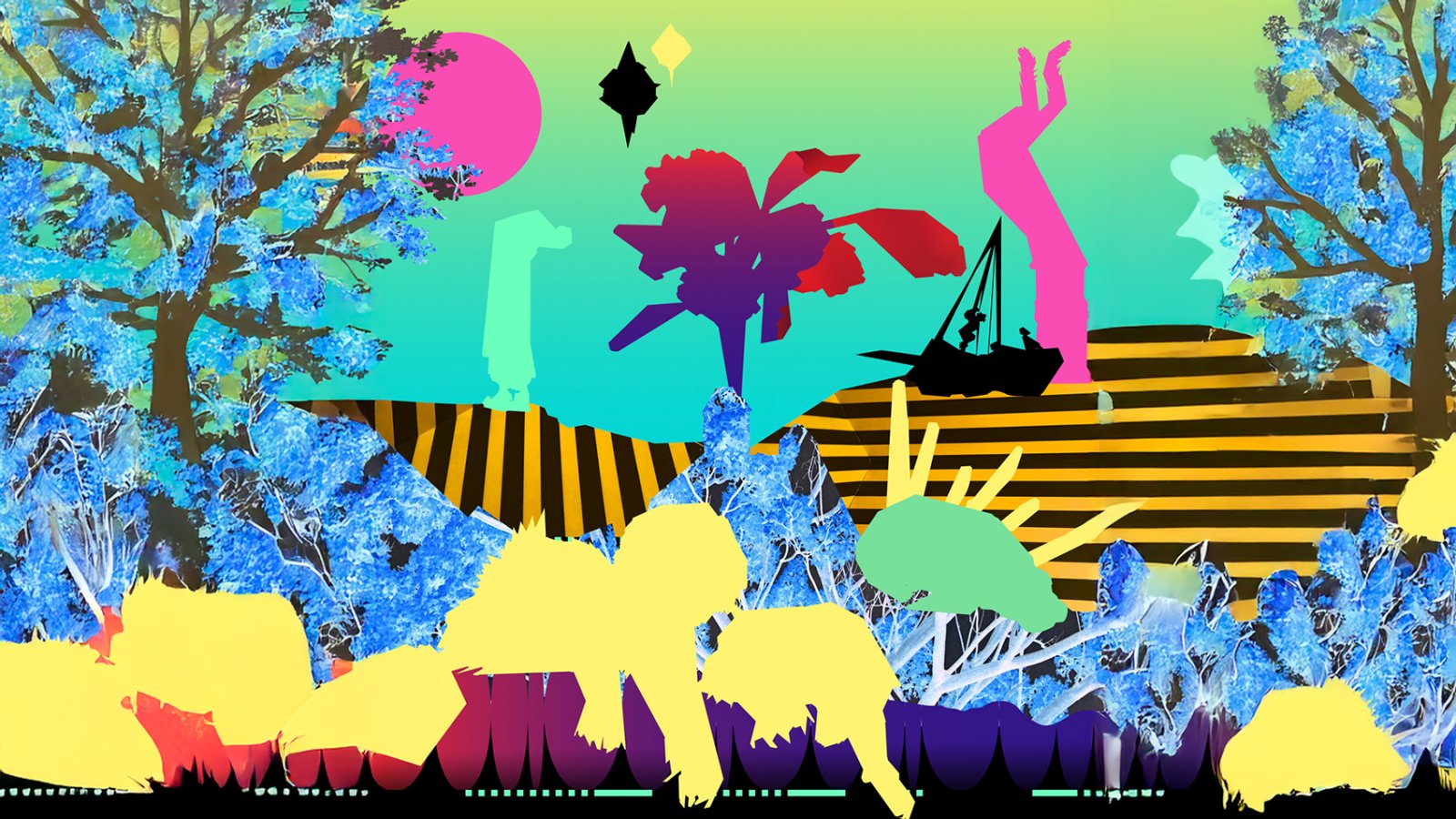
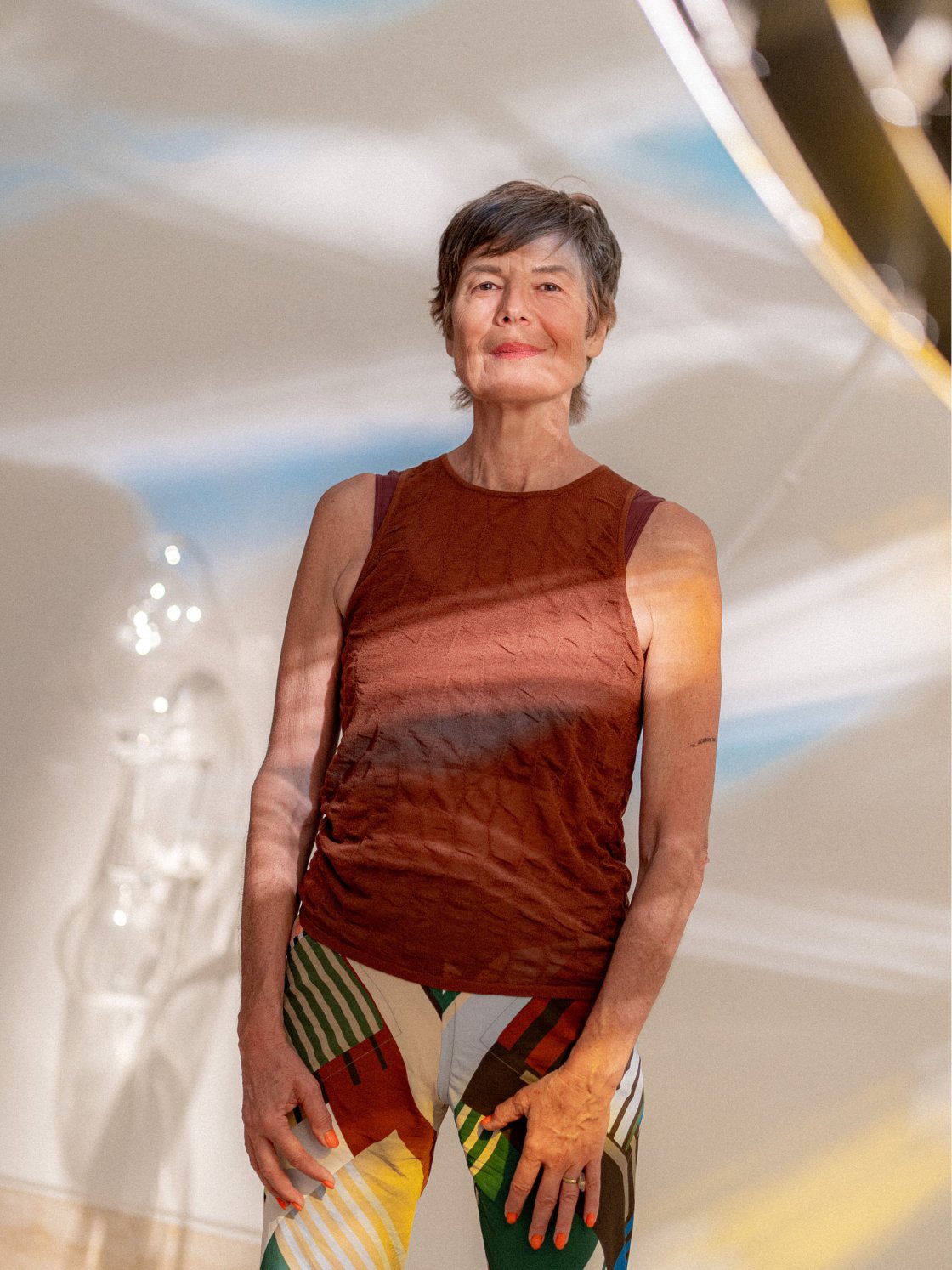
Daniela Zyman
Is a writer, curator, and artistic director of TBA21 Thyssen-Bornemisza Art Contemporary. Her academic work focuses on how artistic counter-investigation challenges the boundaries between aesthetics and science. Before joining TBA21 in 2003, she was the chief curator at the MAK in Vienna and co-founder of the MAK Center for Art and Architecture in Los Angeles. She also directed Künstlerhaus Vienna and A9 Forum Transeuropa. At TBA21, she has curated significant exhibitions such as the Abundant Futures, Remedios, and Ecologiesof Peace trilogy at the C3A in Córdoba, as well as Terrafilia at the Museo Thyssen-Bornemisza in Madrid, where stories beyond the human and multi-species imaginaries are explored.
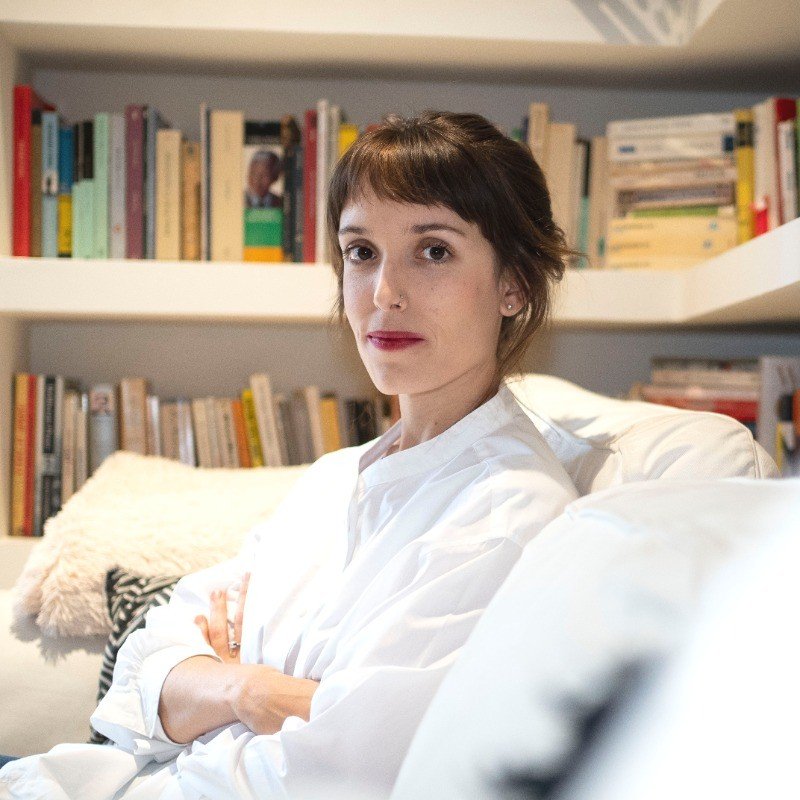
Marina Avia
Is an art historian and curator, currently serving as Director of Exhibitions and Public Programs at TBA21–Thyssen-Bornemisza Art Contemporary. She holds a Master’s degree in Critical and Curatorial Studies from Columbia University and another in Contemporary Art History and Visual Culture from the Autonomous University of Madrid. She has previously worked at institutions such as IPCNY (International Print Center New York), Wallach Art Gallery, Tabacalera Promoción del Arte, and AECID (Spanish Agency for International Development Cooperation). She is a regular contributor to the Spanish art magazine Exit Express.
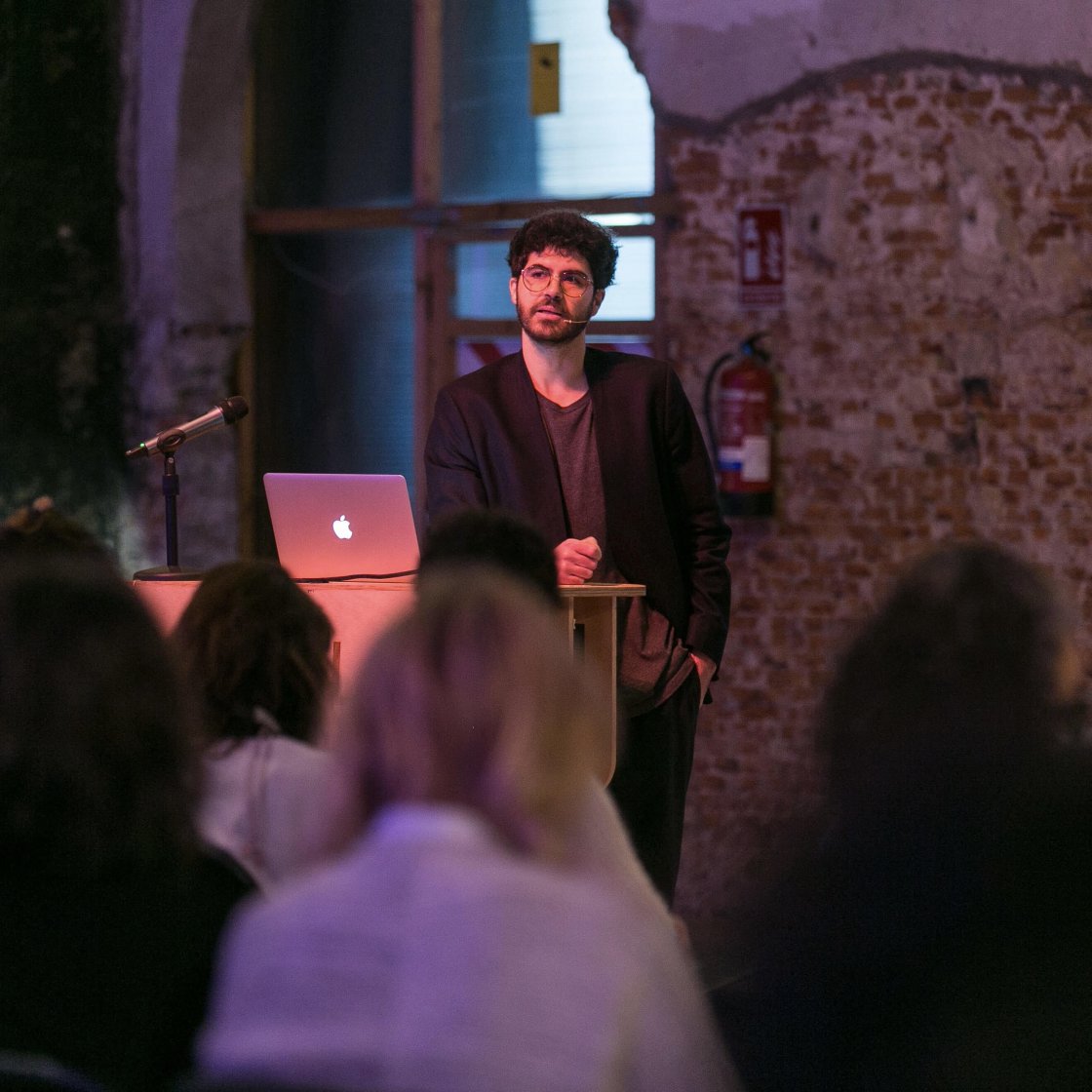
Eduardo Castillo-Vinuesa
Is the director of TBA21-Academy, the research arm of Thyssen-Bornemisza Art Contemporary. He is an anti-disciplinary architect, curator, and researcher whose work explores climate, governance, and socio-technological infrastructures through architecture, filmmaking, and curatorial practice. He teaches at ETSAM-UPM and is part of research networks such as ProLAB and LINA. He was artistic director of Medialab Matadero (2021-2024) and curator of the Spanish Pavilion at the Venice Architecture Biennale with the project Foodscapes (2024).
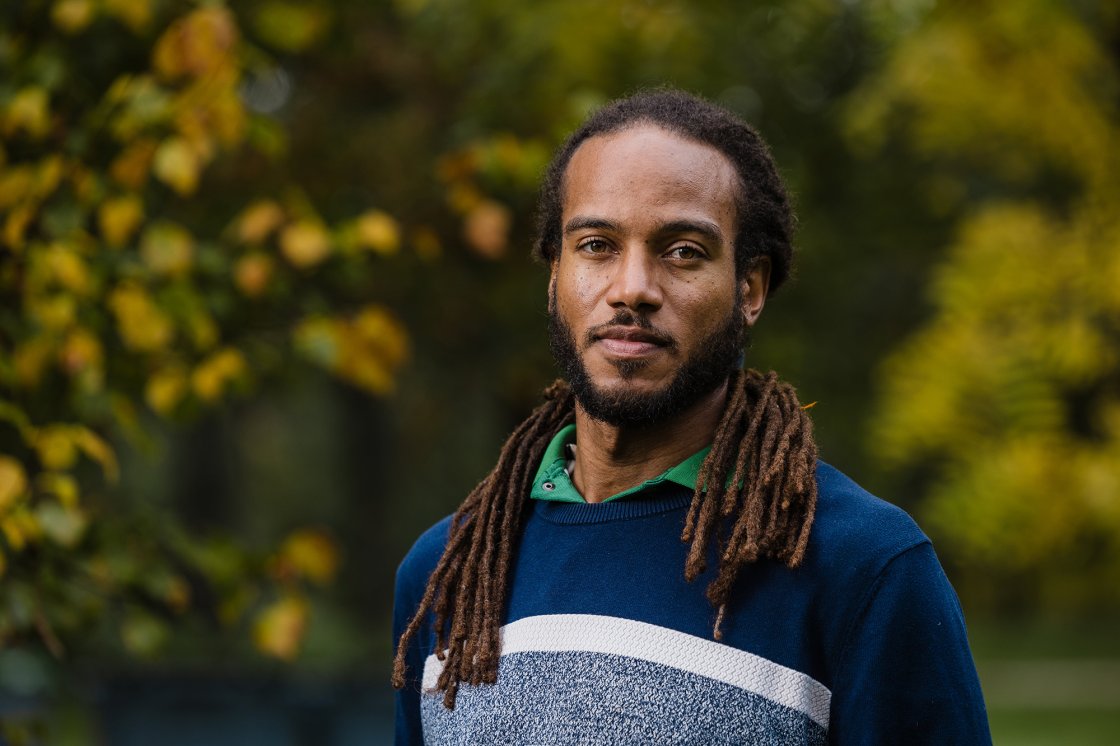
Malcom Ferdinand (Francia)
Philosopher and author of Decolonial Ecology, who addresses the intersection between environmental justice and historical reparation through the case of the pesticide chlordecone in the French Caribbean.
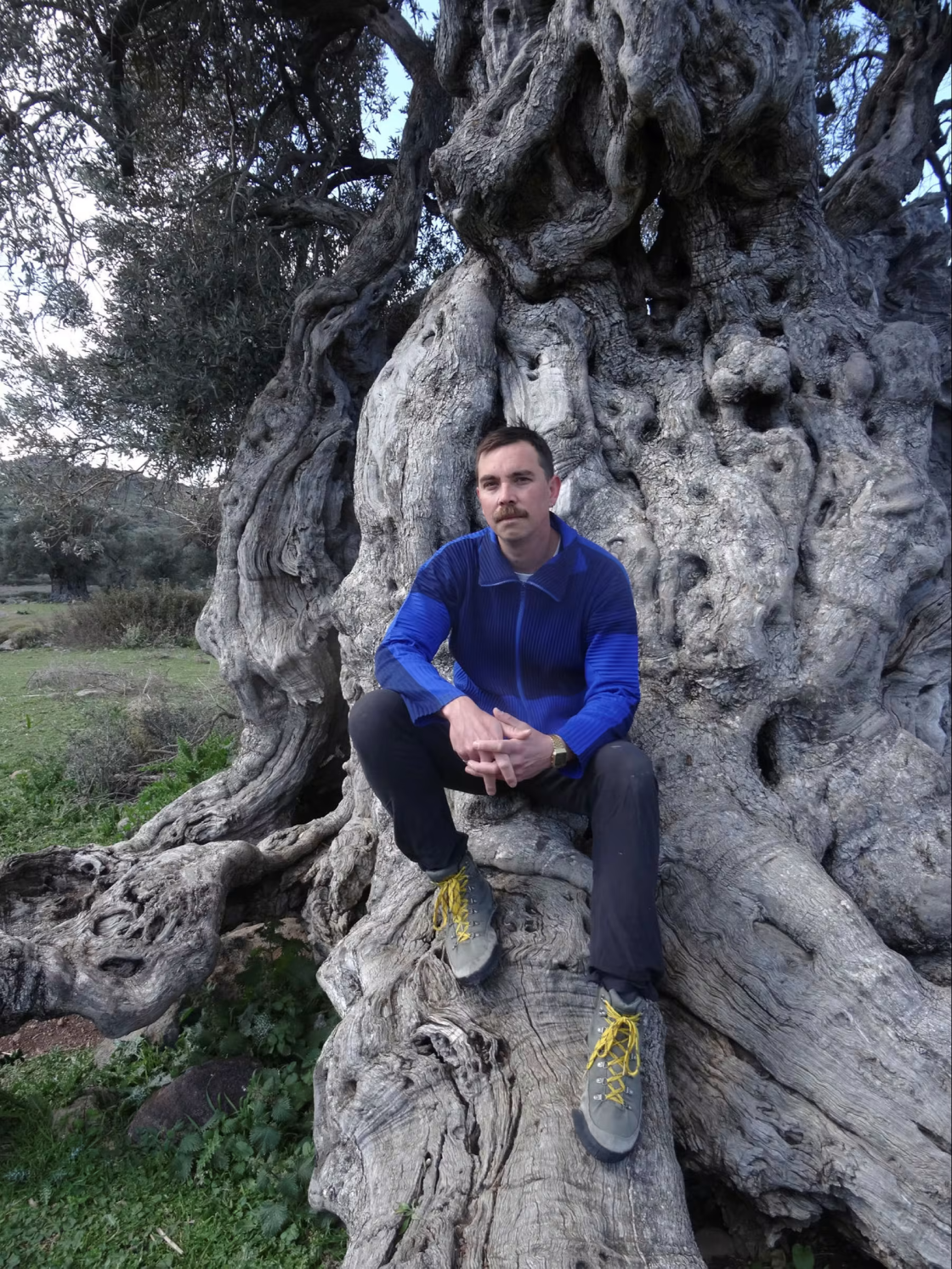
James Bridle
Is a multidisciplinary artist and writer whose work explores the intersections of technology, culture, and society. Known for their thought-provoking insights into the digital age, Bridle’s work challenges conventional perspectives on intelligence and agency. Their projects often invite audiences to reconsider their relationship with technology, the environment, and each other. Bridle's influential publications and art installations have been showcased globally, establishing them as a leading voice in contemporary discourse on the future of human and non-human coexistence.
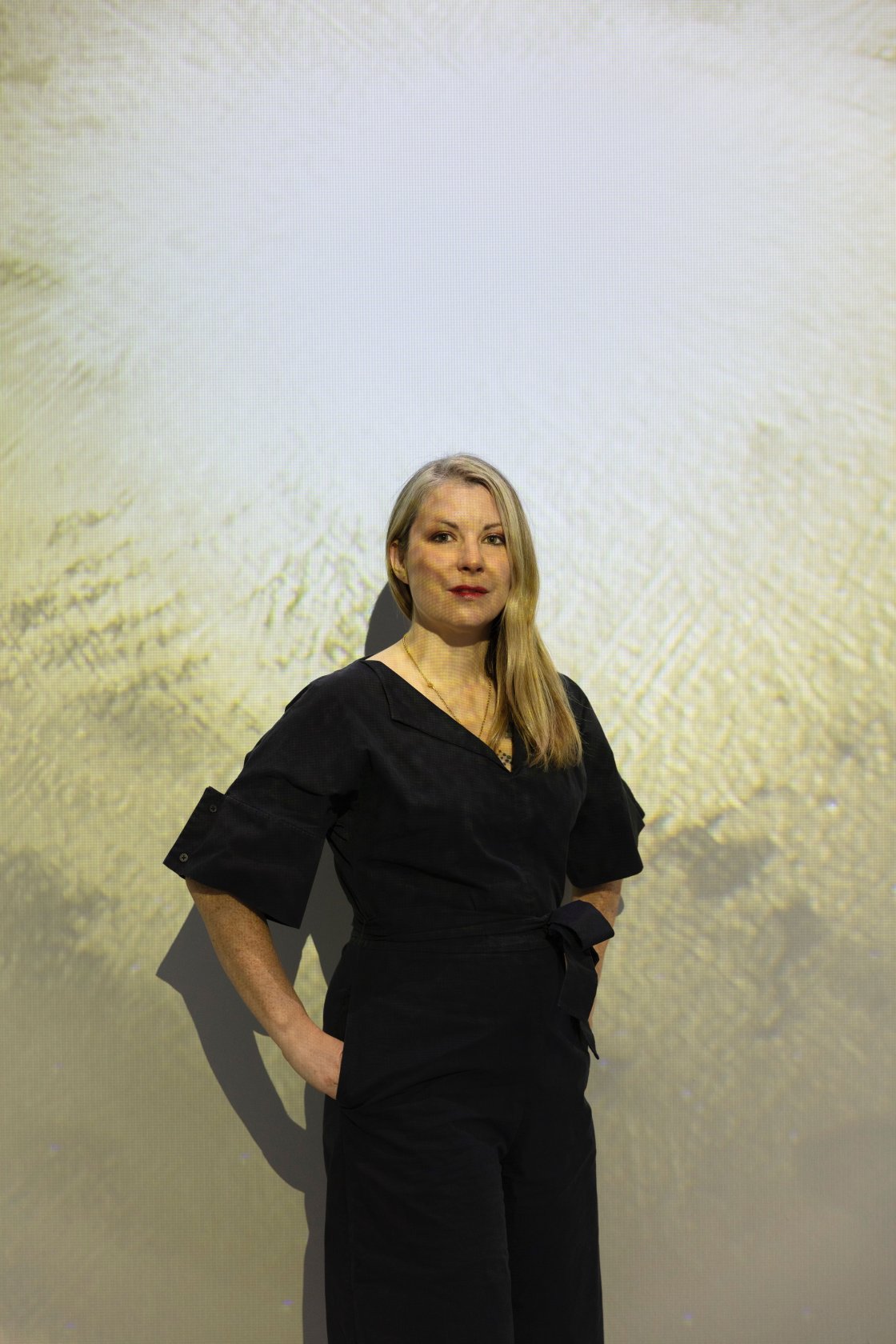
Libby Heaney
Is an award-winning artist and quantum physicist with a PhD in Quantum Information Science, and the first artist to work with quantum computing as a creative medium. Since 2019, she has pioneered the use of self-coded quantum algorithms, immersive media, and speculative fiction to critique and reimagine emerging technologies under capitalist forces. Her installations have been shown internationally at major venues such as Tate Modern, Barbican, ICA (London), LAS Art Foundation (Berlin), Ars Electronica (Linz), and the Centre Pompidou (Paris).
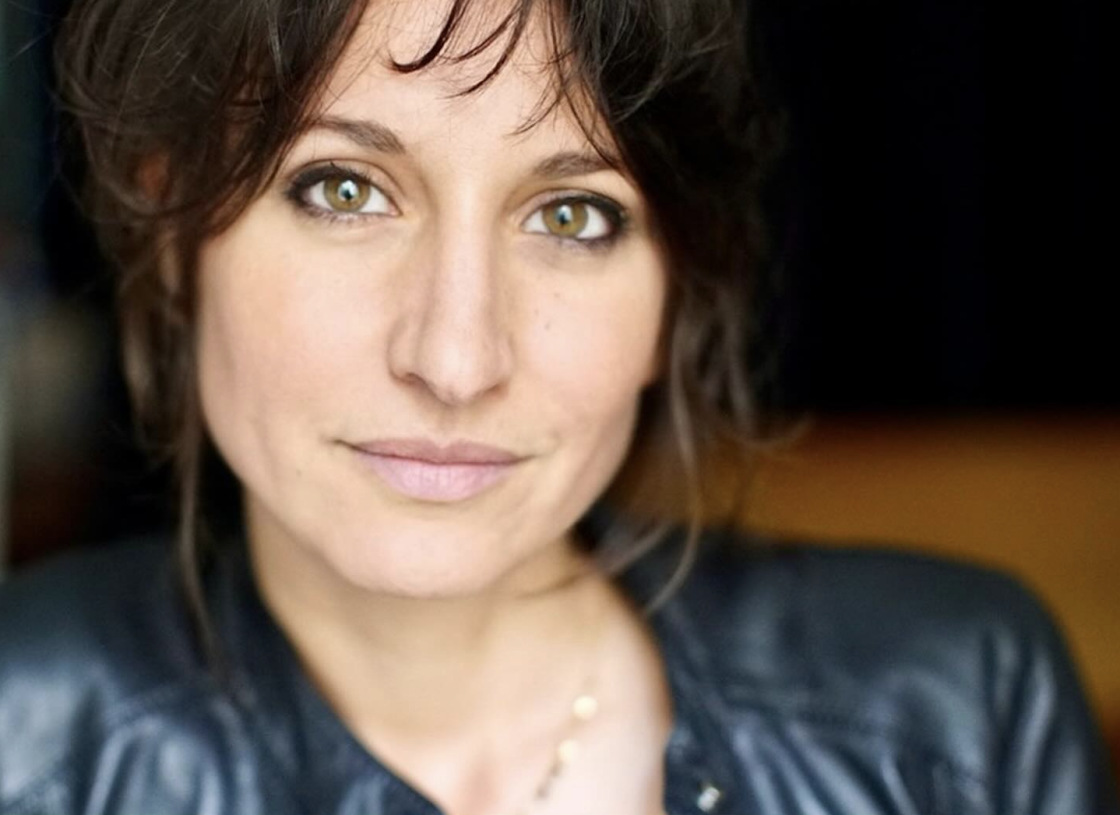
Frédérique Aït-Touati
Is a historian of science and literature, theatre director, and CNRS Research Fellow at EHESS in Paris. She studied at the École Normale Supérieure and Cambridge, and holds a Ph.D. in Comparative Literature and History of Science from the Sorbonne. Her research explores connections between the sciences and the arts. She has received awards such as the MLA Prize in Comparative Literature and the Prix Gegner of the Académie des Sciences Morales et Politiques. Her books include Fictions of the Cosmos (Chicago University Press, 2011), Histoires et savoirs (2012), Terra Forma, manuel de cartographies potentielles (B42, 2019 / MIT Press, 2021), and Trilogie Terrestre (2022), among others.
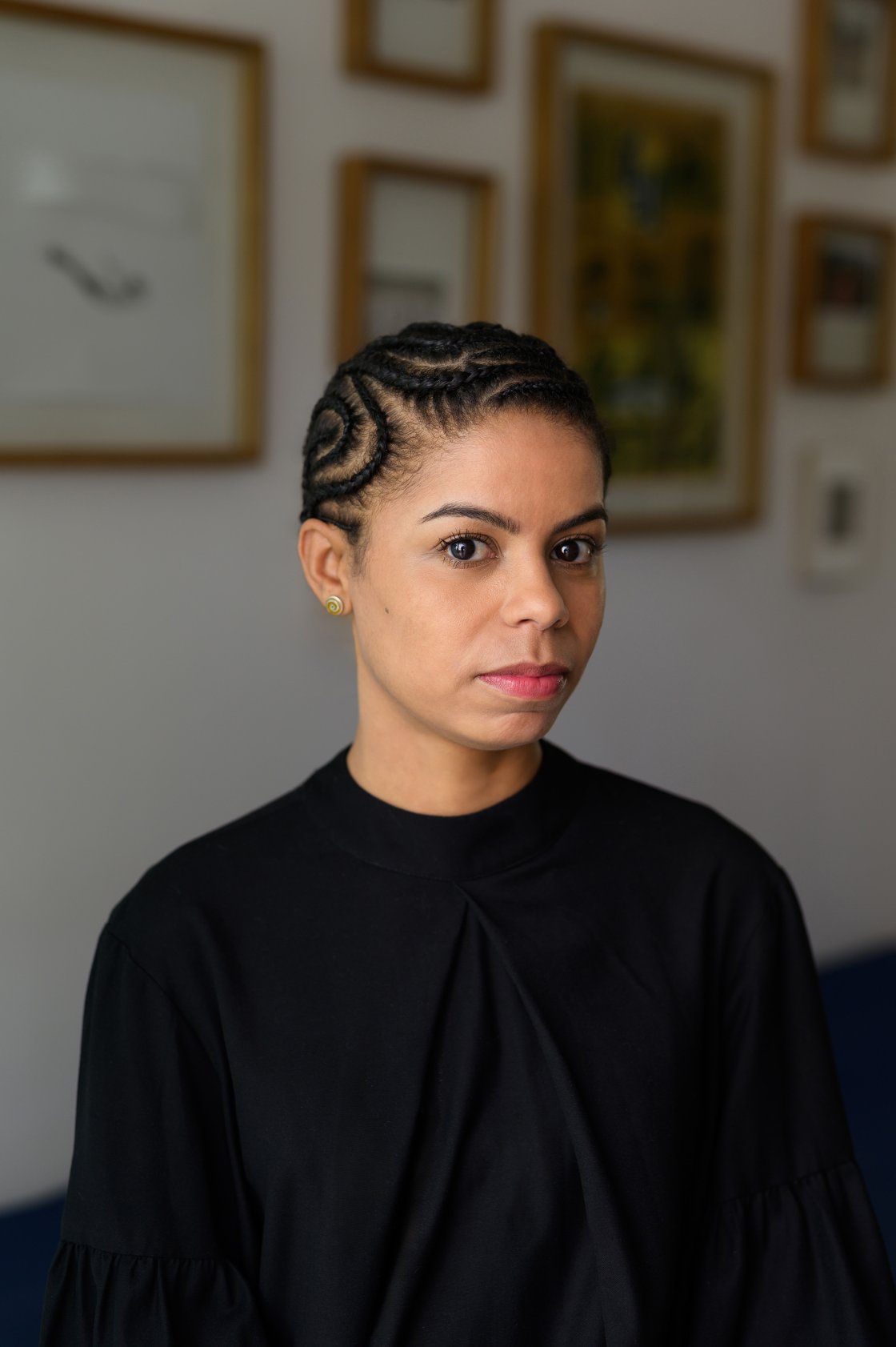
Yina Jiménez Suriel
Is a curator and researcher from the Dominican Republic whose practice explores imagination, emancipatory processes, and reconciliation through long-term curatorial projects. She is Curator of The Current IV fellowship at TBA21–Academy, Adjunct Curator of the 14th Bienal do Mercosul (2025), and Associate Editor of Contemporary And (C&) for Latin America and the Caribbean. Her curatorial projects have been presented at Pivô (Brazil), Cinemateca Dominicana (Dominican Republic), KADIST (USA), Delfina Foundation (UK), Kunsthalle Lissabon (Portugal), and Ocean Space (Italy).
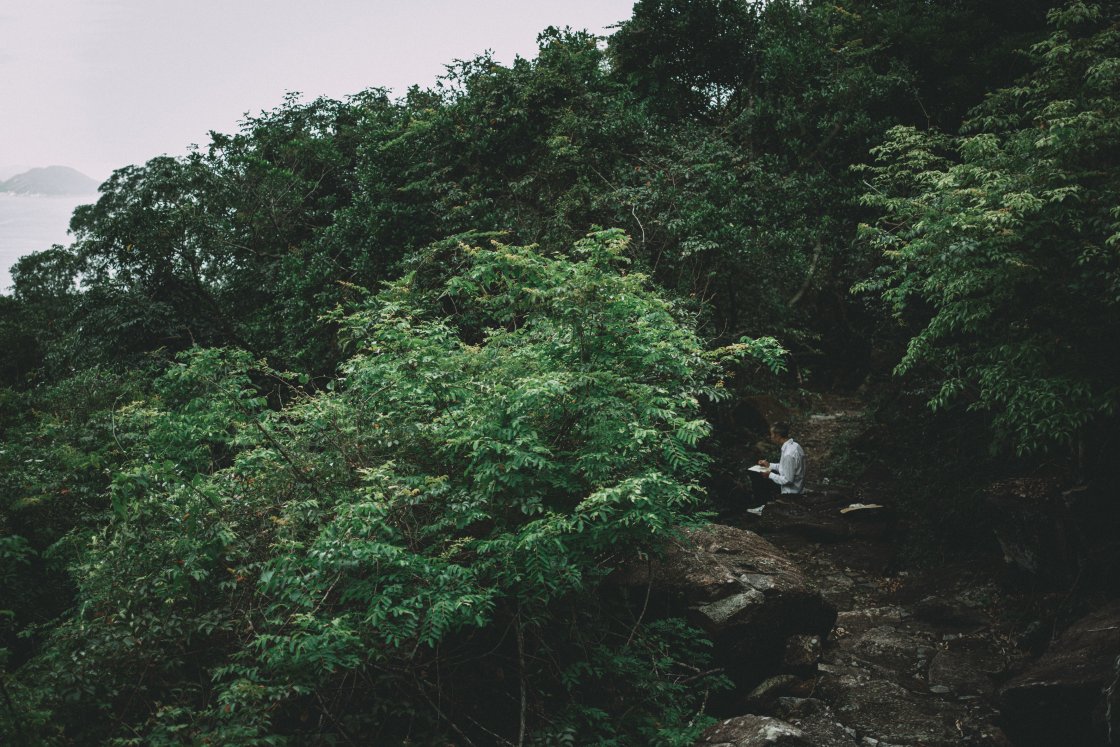
Zheng Bo
Is an artist whose practice explores how to live well on Earth through sustained engagement with plants and ecosystems. Since 2013, he has studied ferns in Taiwan, mosses in Scandinavia, grass trees in Western Australia, and date palms in the Arabian Peninsula, and more recently has turned toward the ocean through research on coral reefs in the South Pacific. His work has been presented at the Venice (2022), Liverpool (2021), Taipei (2018), and Shanghai (2016) Biennials, and is held in collections including Tate (London), the Hammer Museum (Los Angeles), and the Hong Kong Museum of Art.
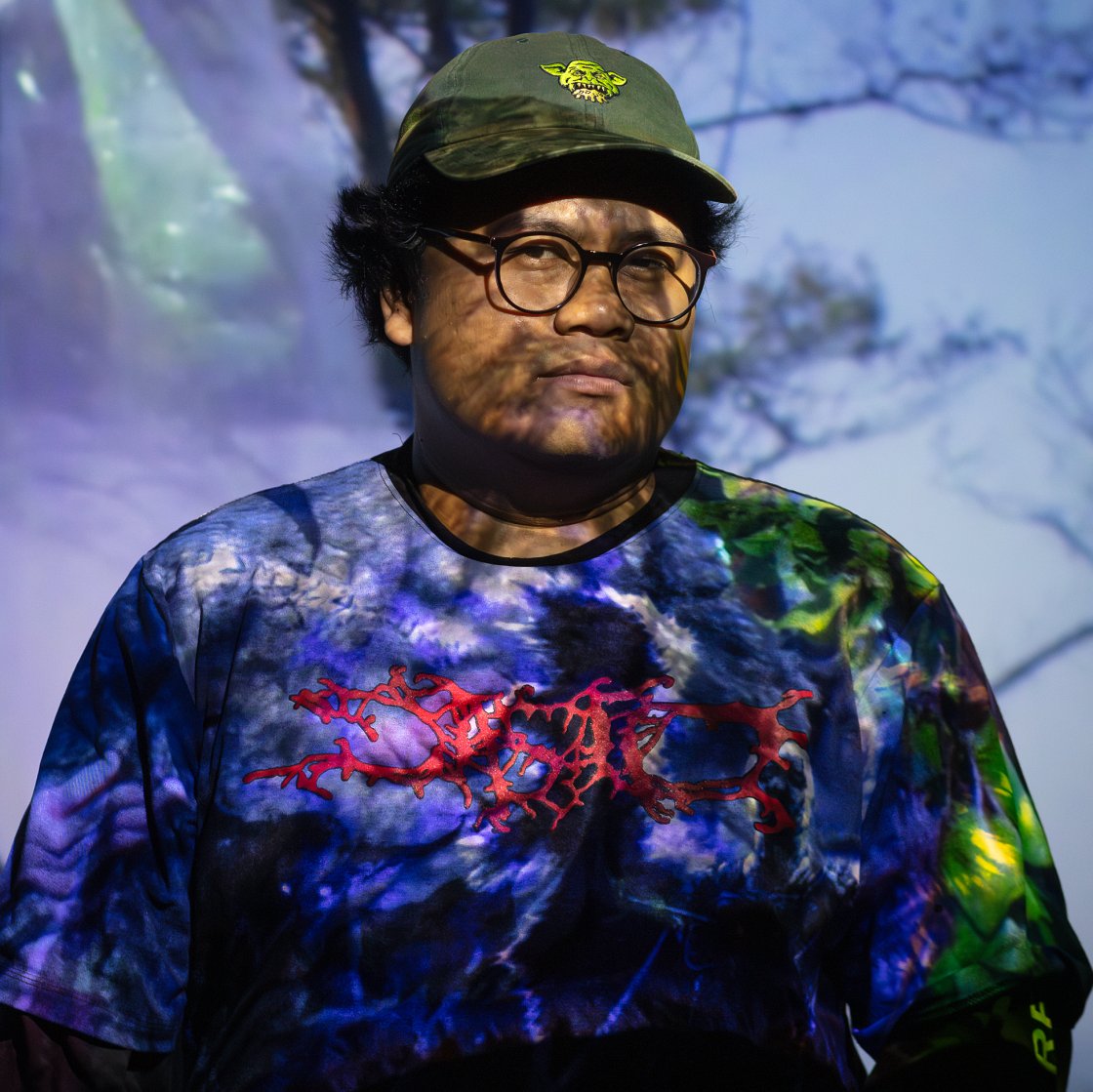
Riar Rizaldi
Is an Indonesian artist and filmmaker whose work explores the entanglements between science, technology, labour, nature, and competing worldviews through the lens of genre cinema and theoretical fiction. His films and installations have been presented at international festivals such as Berlinale, Locarno, IFFR, Viennale, and FID Marseille, as well as at institutions including the Museum of Modern Art and the Whitney Biennial (2024), Taipei Biennial (2023), Istanbul Biennial (2023), Venice Architecture Biennale (2021), and Centre Pompidou (2021).
Is the founder of Hangar (2014), an art and research center in Lisbon. Hangar's programs provide spaces where artists, curators, and researchers, mainly from the global south, can co-create and build social and creative networks for the benefit of their communities.
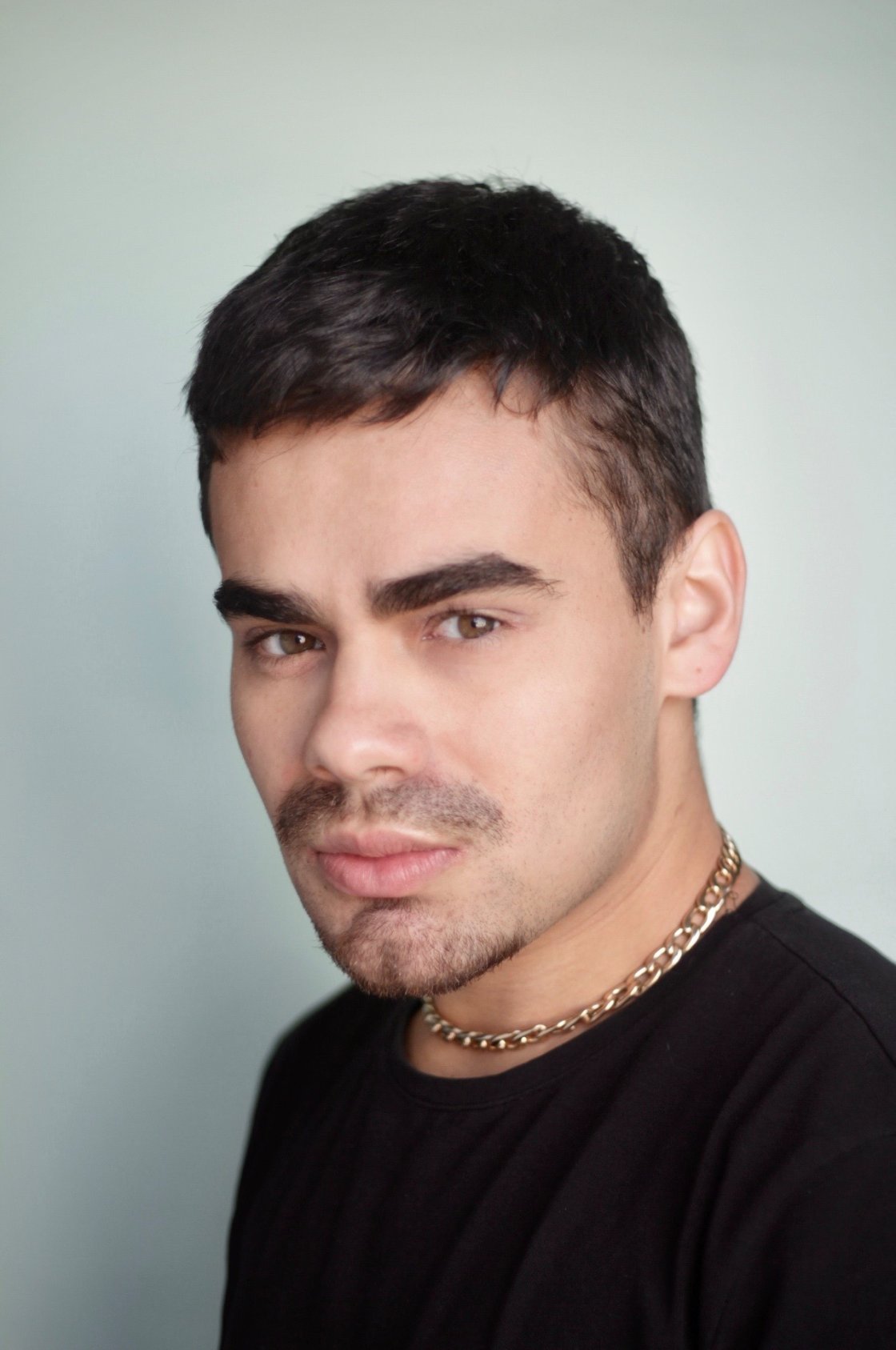
Daniel H. Rey
Curates, programs, and writes between soils and Wi-Fi. Harnessing Spanish, Guaraní, Arabic, and Norwegian, he studies the formation of diasporas and new relational imaginaries across territories, climates, and the internet. He is Curator of Programs and Networks at the Institute for Postnatural Studies (Madrid), where he instigates local and international residency programs, strategic partnerships, and pathways for the mobility of cultural agents. He also serves on the Art Council of Uruguay’s CAMPO Foundation and previously worked at Art Jameel (Dubai). Rey has led projects in Asunción, Dubai, Lima, Madrid, and Oslo, and recently contributed to the catalogue of the 60th Venice Biennale, Foreigners Everywhere.
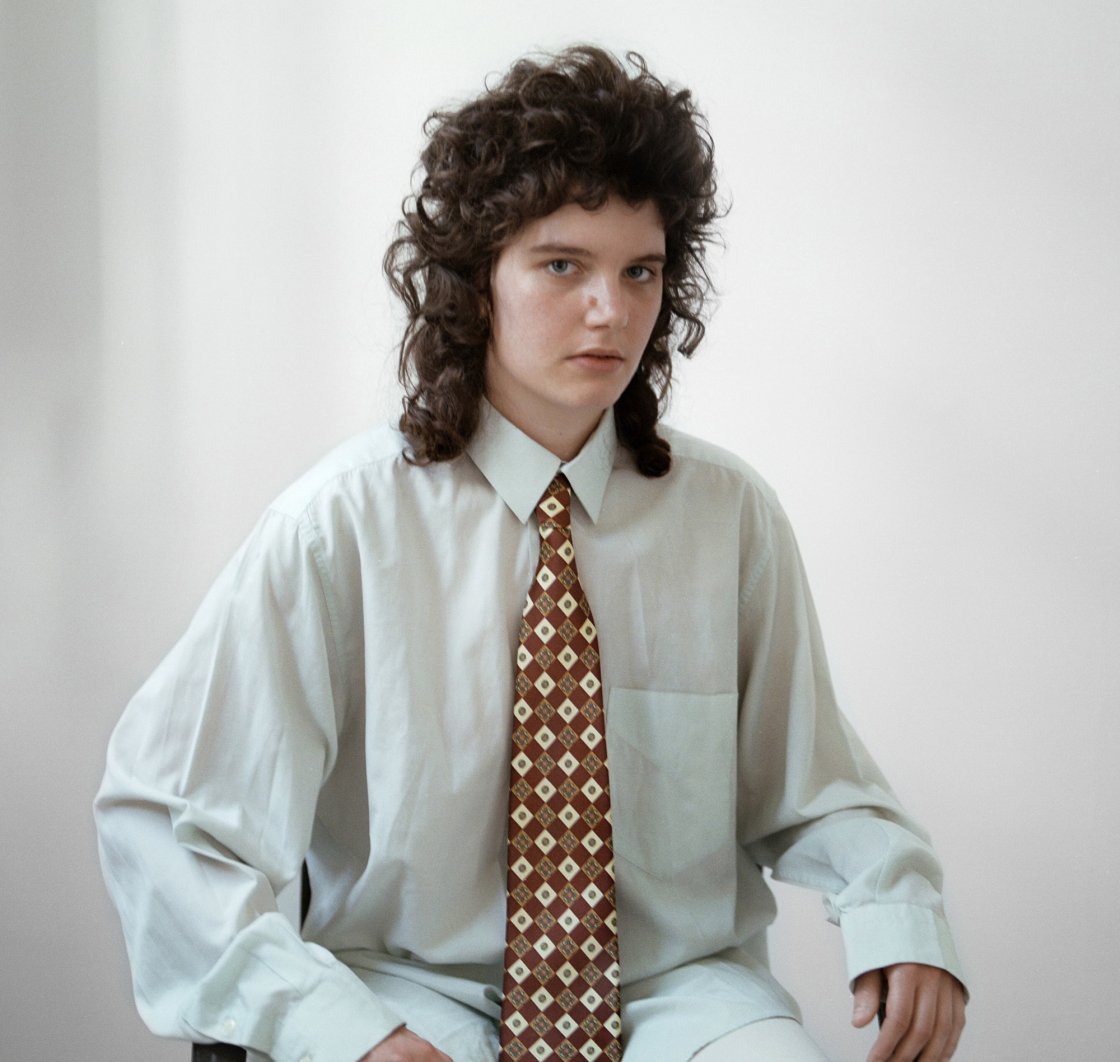
Andrea Muniáin
Is an architect, researcher, and artist whose work examines the political dimensions of digital representations of the body through scenographic installations that intertwine physical and virtual space. She is co-author of El Giro Fotogramétrico (2023) and currently serves as technical curator of Generaciones at La Casa Encendida.
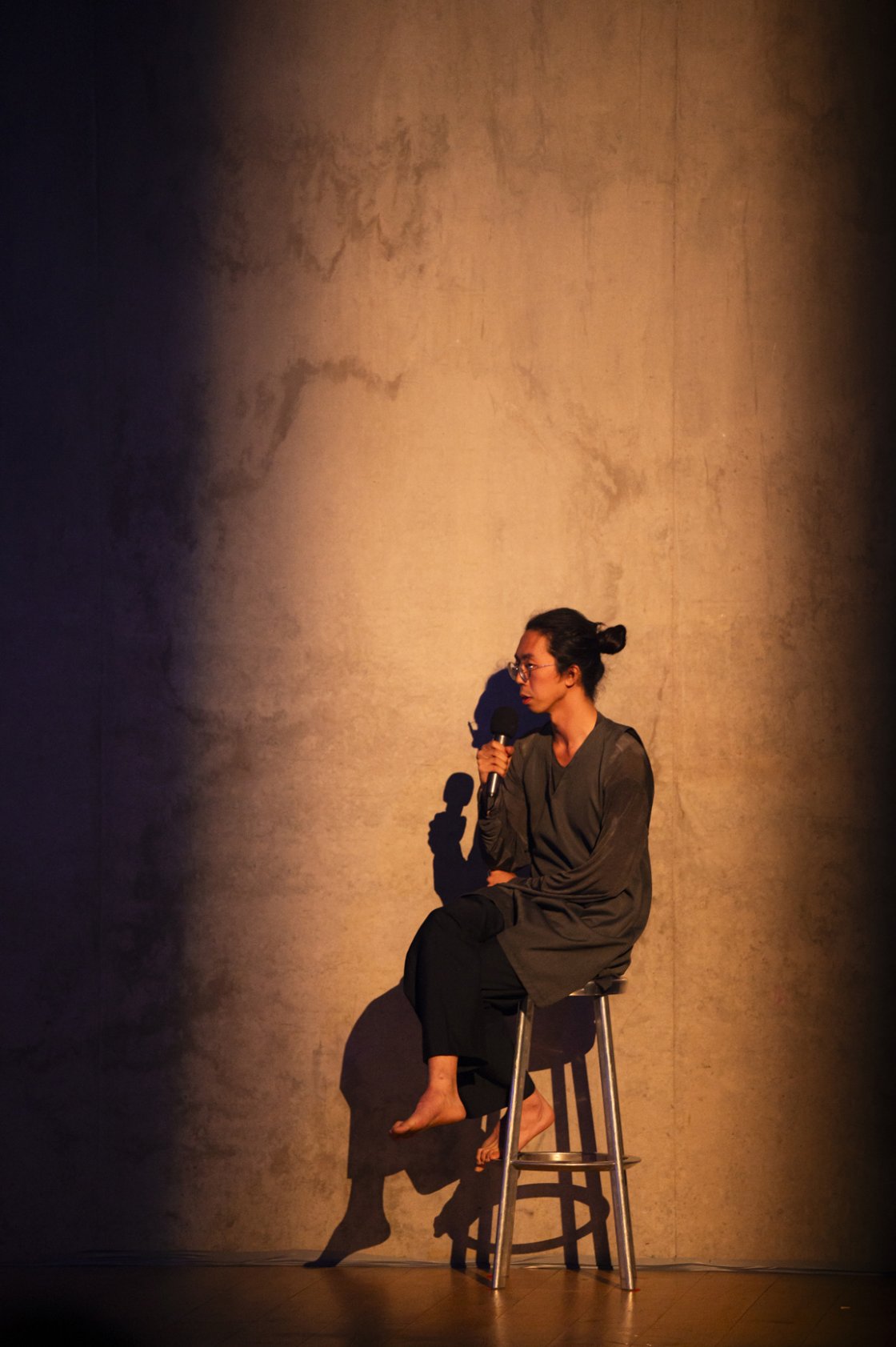
Gary Zhexi Zhang
Is an artist, writer, and researcher who investigates the systemic entanglements of cosmology, technology, and economy. He operates across media—including film, opera, installation, and writing—and edited Catastrophe Time! (2023). His works such as METAMERS, The Tourist, and Dead Cat Bounce explore speculative imaginaries and alternative temporal systems.
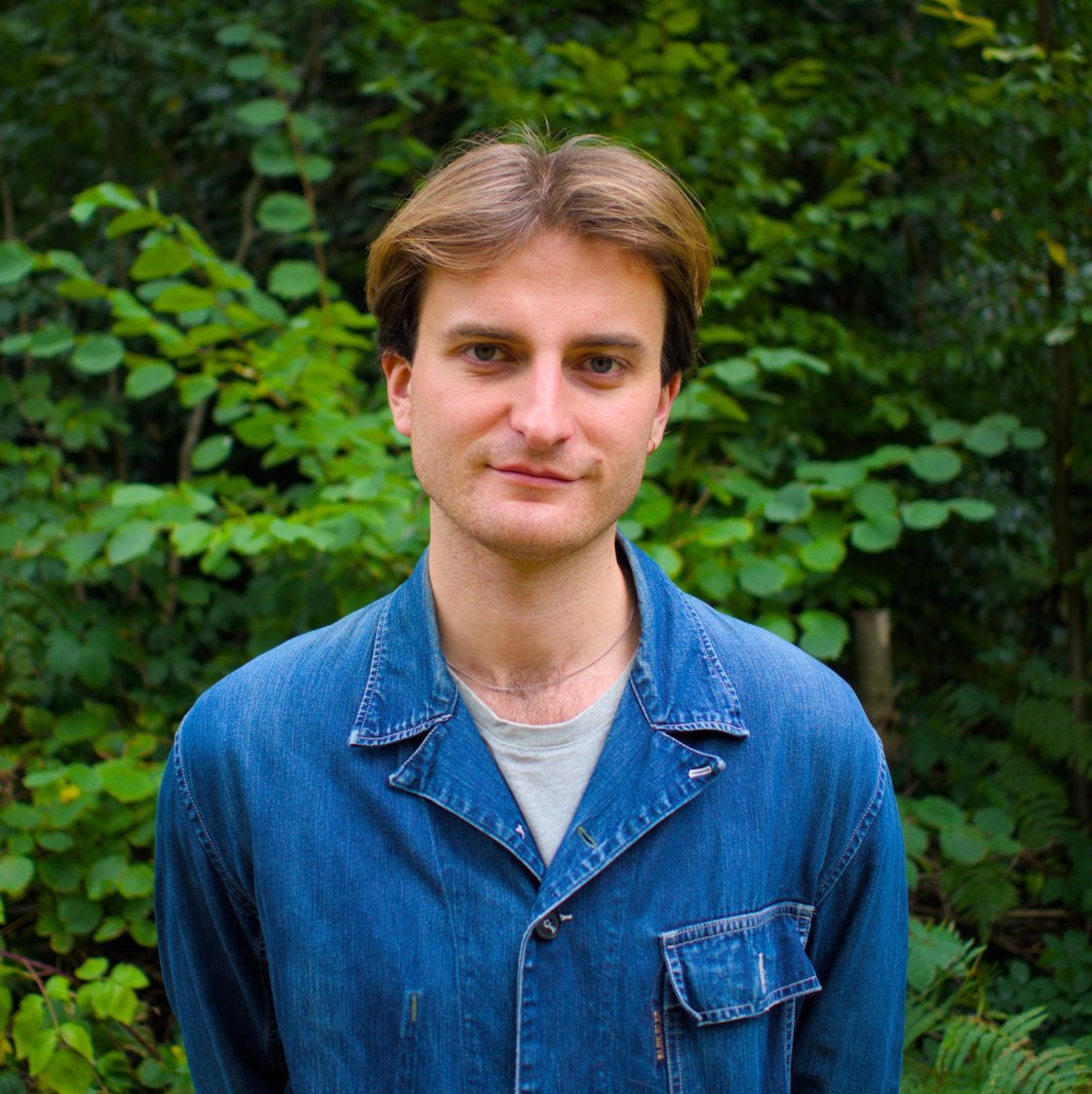
Jacob Bolton
Is a researcher and filmmaker interested in the infrastructural and economic dimension of logistics. Affiliated to the London School of Economics, Bolton investigates logistics, shipping, and climate finance through critical temporal and spatial frameworks. Previously affiliated with Forensic Architecture and the Centre for Research Architecture, he is co-founder of the art duo Liquid Time.
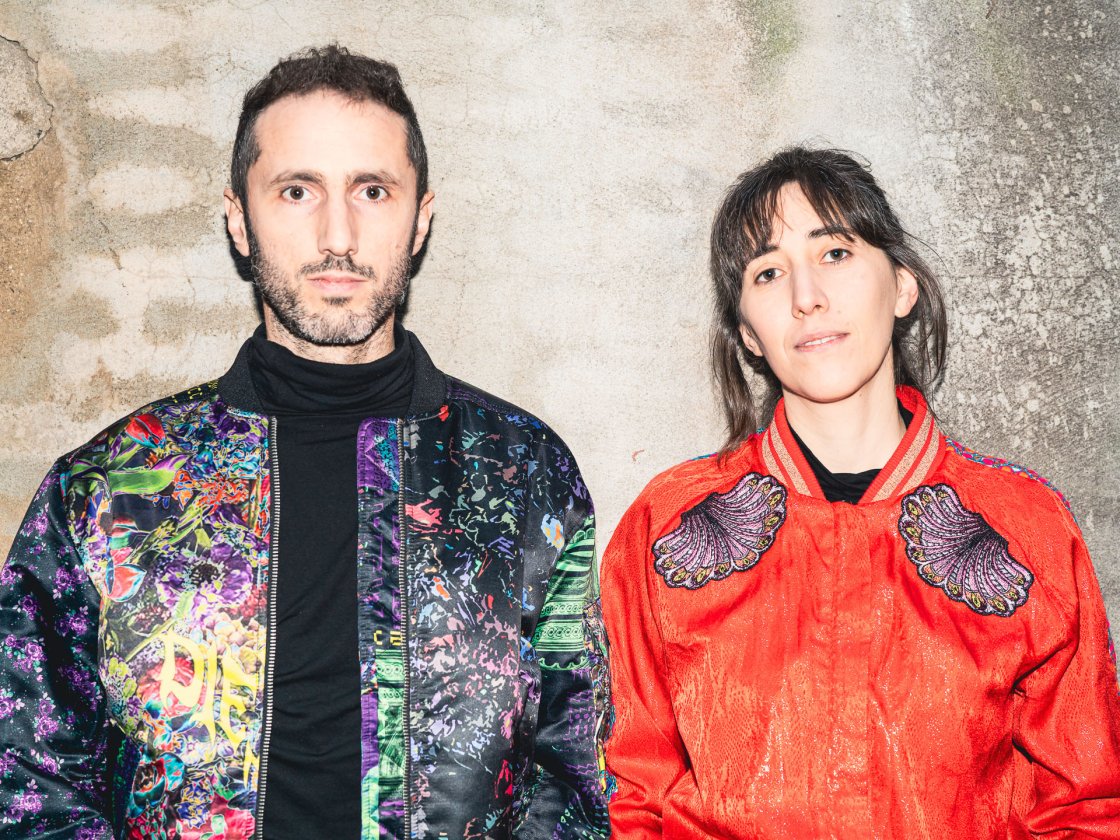
Grandeza Studio
Collective of architects and artists founded in Madrid in 2011 (Amaia Sánchez-Velasco, Jorge Valiente Oriol) Their practice hybridizes critical spatial research, design, performance, film, and pedagogy to reveal and challenge the structural violence embedded in late-capitalist landscapes. Notable works include Pilbara Interregnum, Strata Incognita and Espejito Espejito, curated for Mayrit Biennial.
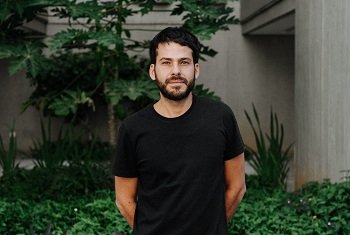
Paulo Tavares
Is an architect, educator, author, and advocate whose multidisciplinary work addresses colonial legacies through architecture and visual culture. He co-curated Brazil’s Terra project—a Golden Lion-winning pavilion at Venice Biennale 2023—and authored critical texts like La naturaleza politica de la selva (2024). He teaches at Columbia GSAPP and the University of Brasília and leads the advocacy studio autônoma.
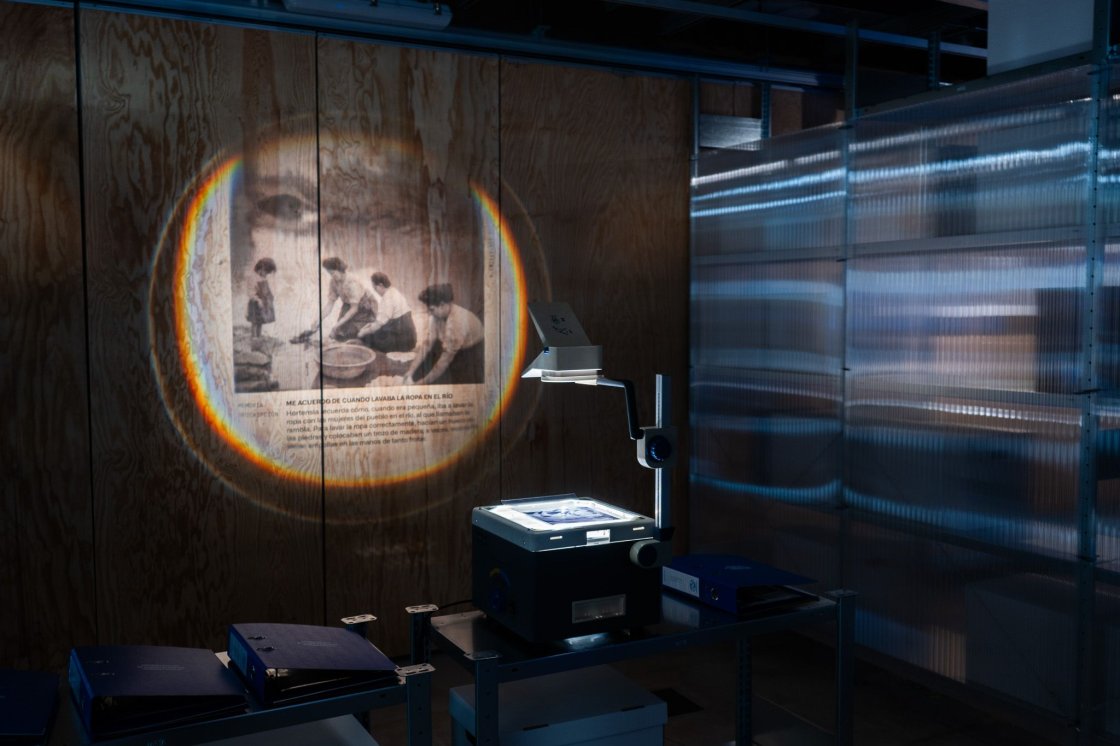
Domestic Data Streamers
Is a creative studio at the intersection of data art, design, and civic engagement. They transform raw urban, environmental, and social data into immersive visualisations and performances, aiming to illuminate invisible patterns and foster collective awareness.
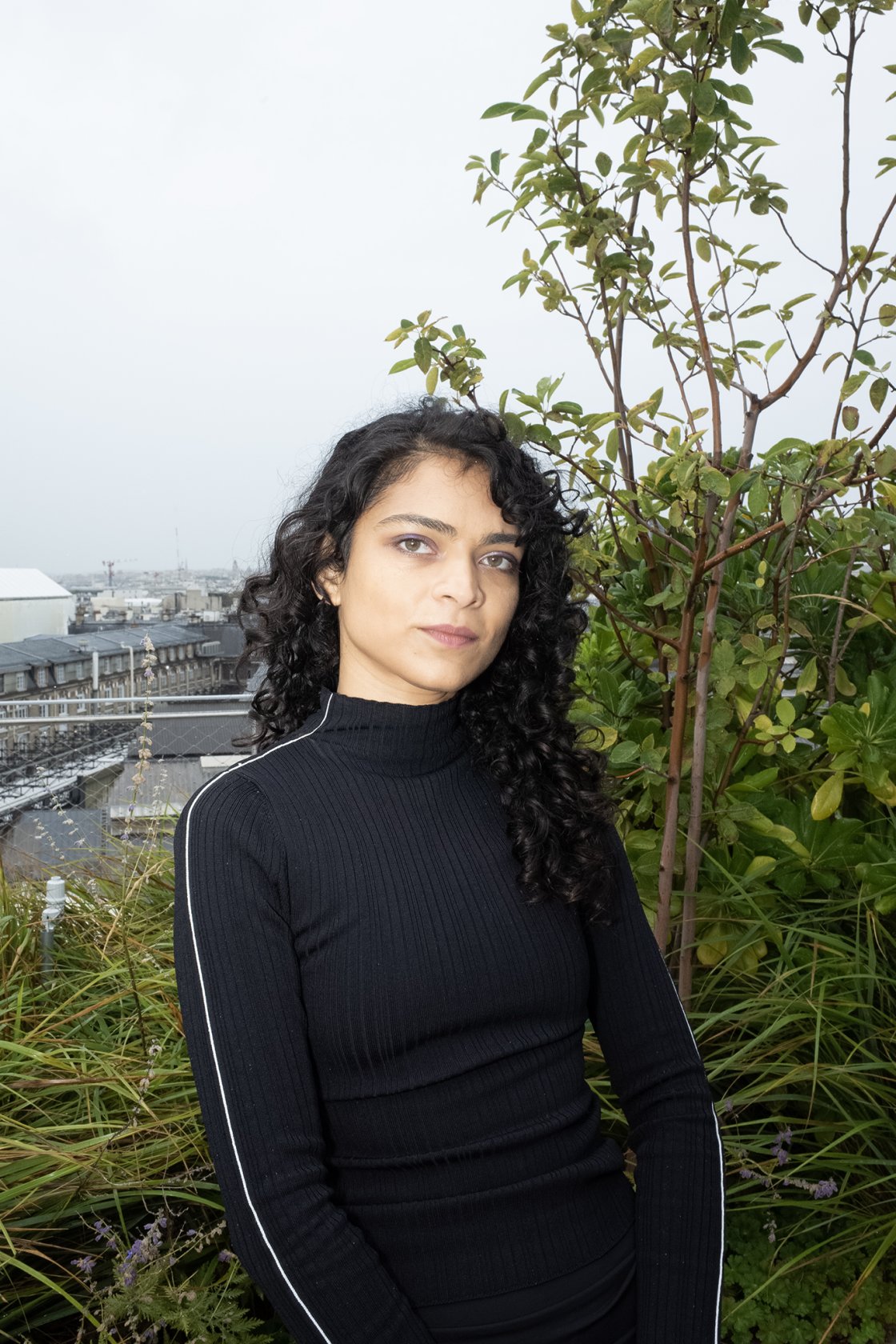
Skye Arundhati Thomas
Is a writer, editor, and curator whose work intertwines contemporary politics, South Asian histories, and aesthetic form. She is the editor of the anthology Palestine is Everywhere, which gathers voices from Gaza and beyond to illuminate planetary struggles for emancipation.
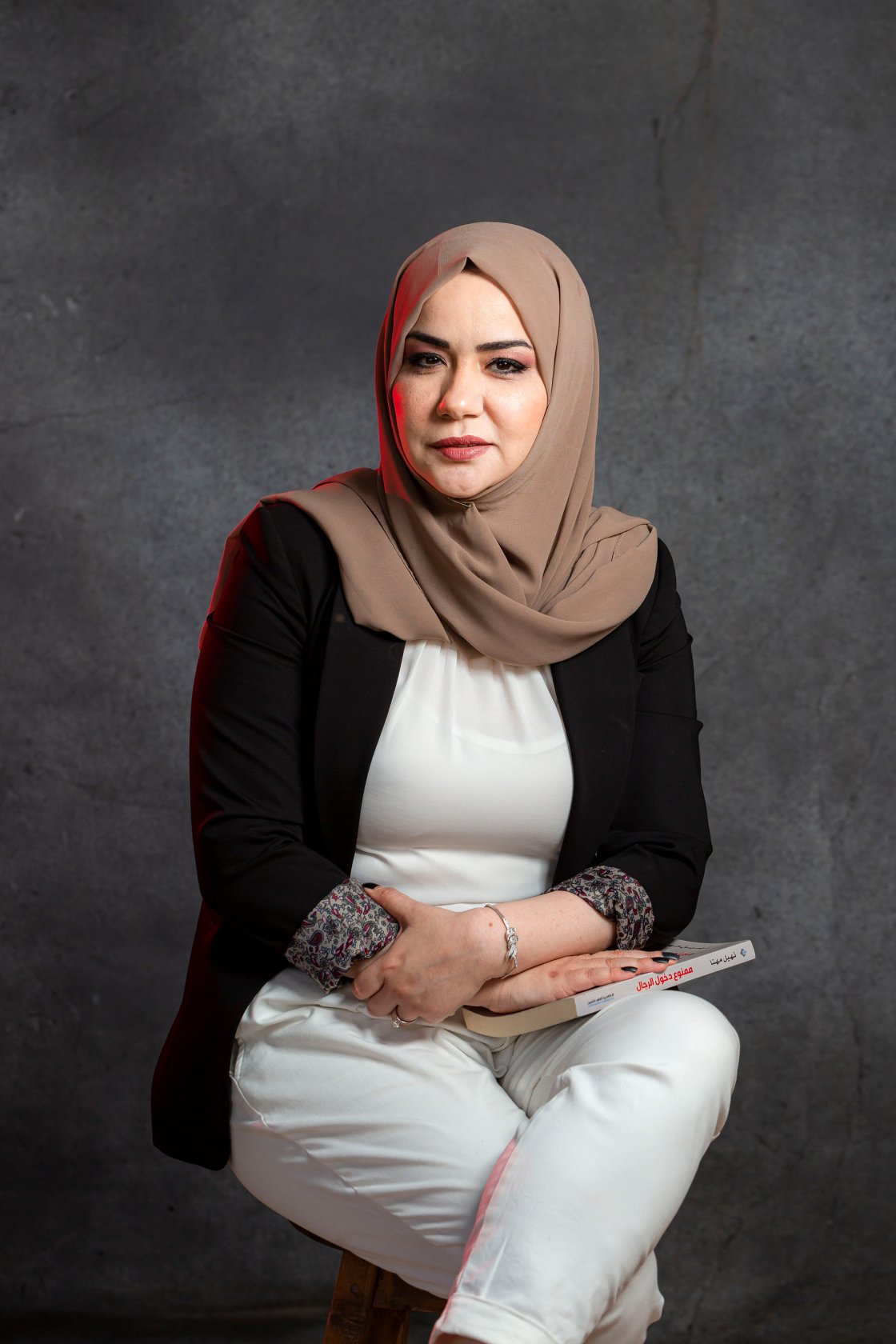
Nahil Mohana
Is a novelist, playwright, and educator based in Gaza City. Her raw and powerful writings—published in The Washington Post, AGNI, LitHub, and now the Palestine is Everywhere anthology—have documented survival, displacement, and resilience amid conflict.
Gloria Habsburg
Trabaja en el ámbito audiovisual documental como directora y productora, en este último rol ha participado en Defiant (2023), la ganadora de un Oscar, Navalny (2022) y Vera (2019). Es editora adjunta y comisaria de la publicación Palestine is everywhere.
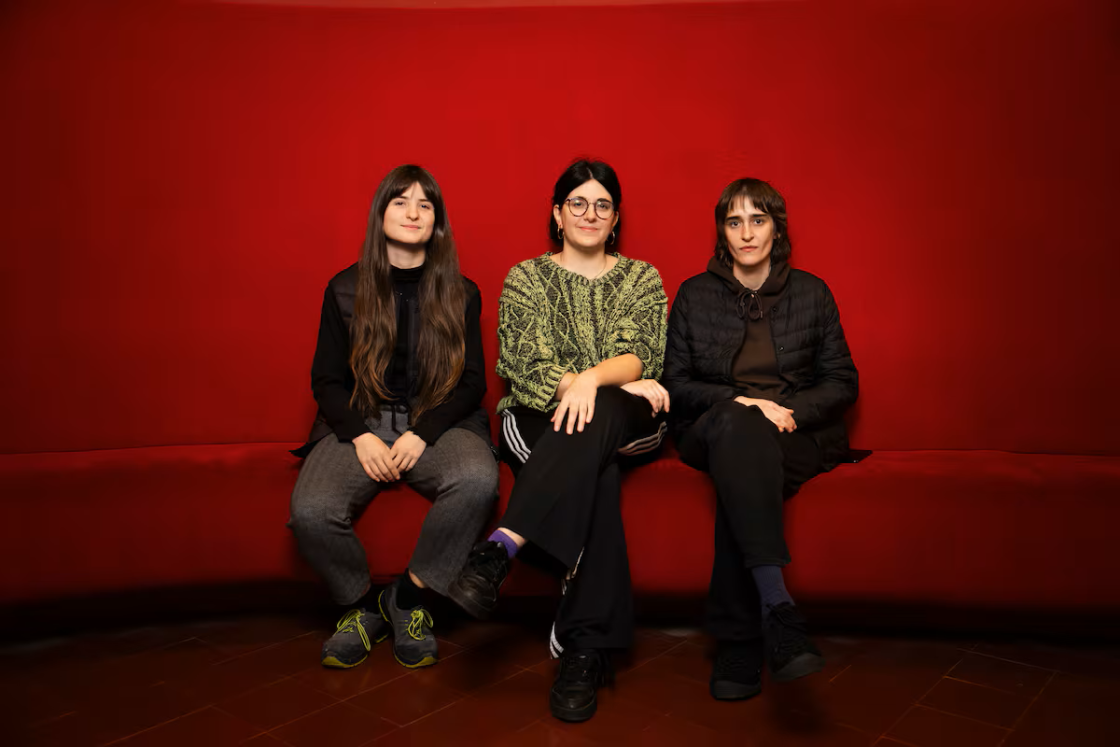
Las Huecas
Is a Barcelona-based collective founded in 2016 by Júlia Barbany, Núria Corominas, and Andrea Pellejero. With a rotating model of authorship and direction, they create works that emerge from a collaborative “Frankenstein” of their voices and styles. Defined by a fearless play with form, they have developed a distinctive approach that blends contemporary European theater with Catalan comedic traditions. Over the years, Las Huecas has established itself as one of the most innovative young dramaturgy collectives on the Iberian scene, expanding the possibilities of theater as a radical force for cultural and political critique.
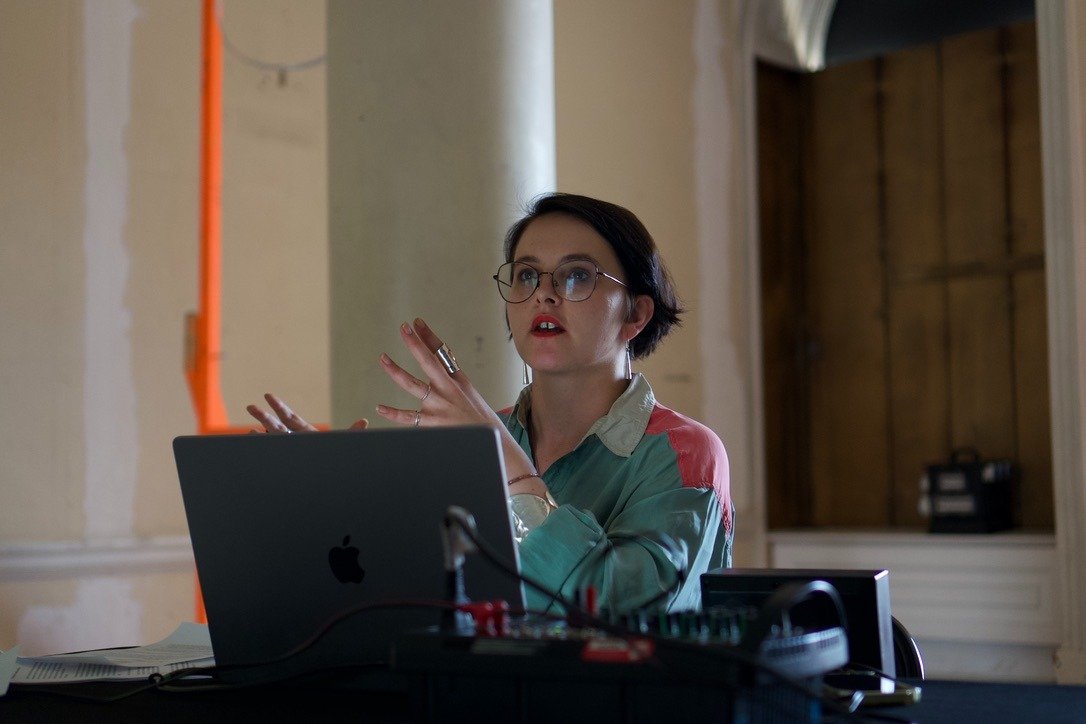
Klara Kofen
Is an artist, opera maker, writer, and researcher whose work explores speculative and counterfactual histories, and the ways technological interfaces shape our relationship to time and affect. She is the artistic director of Waste Paper Opera, a hybrid collective creating multimodal performances at the intersection of opera, technology, and research since 2015. Recent projects include Admiror, or Revolutionary Sentiments (Guggenheim Museum, New York, 2024), Dead Cat Bounce and 110 Fathoms (Matt’s Gallery, London).
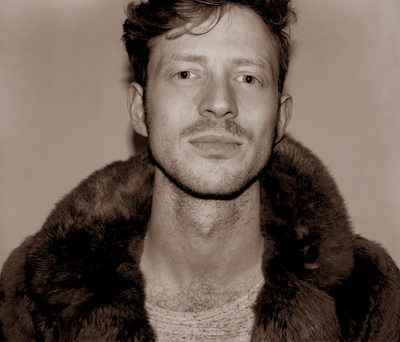
Cameron Graham
Is an artist, composer, and sensory percussionist whose work reorients sonic experience through intermedia, parafiction, and simulation. Moving across installation, electronic music, and hybrid performance, his projects investigate the entanglements of psychoacoustics, automation, and the cultural histories of technology. Recent works include Abat-Voix (BEK, Bergen), Admiror, or Revolutionary Sentiments (Guggenheim Museum, New York, 2024), J’ai Attrapé (Le Lieu Unique), and 110 Fathoms (Matt’s Gallery, London).
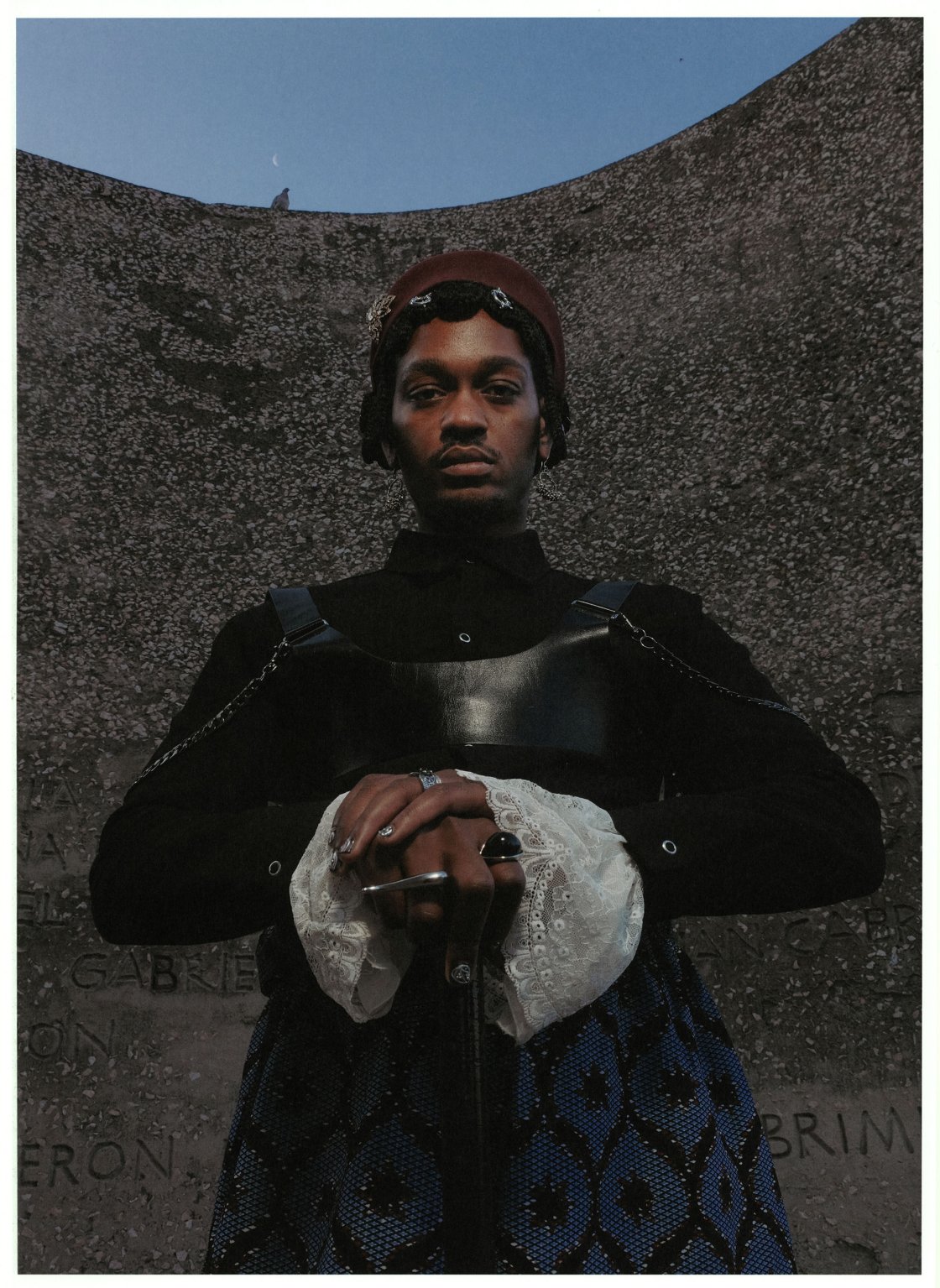
Megane Mercury
Is a non-binary Afro-Spanish multidisciplinary artist and DJ based in Barcelona. Their practice moves across music, performance, and visual media, blending pop-queer aesthetics with diasporic and dissident perspectives. Of Equatoguinean descent, Mercury explores identity, race, and queerness through hybrid sonic and visual languages that disrupt fixed genealogies and propose new imaginaries of belonging. Over the past years, they have gained recognition for their experimental DJ sets and live performances that weave together ancestral traditions, club sounds, and speculative futurisms, positioning them as one of the most distinctive voices in the Iberian queer underground.

Leticia/Kimy Rojas
Specialist in critical decolonial studies, trans-feminisms, ancestral sexual dissidence, and migration. PhD in Sociology and Anthropology (2020, UCM). Her doctoral research examines the narratives/trajectories of racialized trans migrants and marimachos (trans)feminists based on the decolonial epistemologies of the “South” (2015-2020). She is currently researching the ancestral sexualities of the Huancavilca-Manteña culture.
Leticia/Kimy Rojas belongs to Colectivo Ayllu, a collaborative artistic-political research and action group made up of migrants, racialized people, and sexual and gender dissidents from the former Spanish colonies in Latin America and the Caribbean. The collective was founded in 2017 (in conjunction with the activist collective Migrantes Transgresorxs, created in 2009) and offers a critique of colonialism, whiteness, and heterosexuality through artistic productions in multiple formats and by generating processes of collective learning, mediation, and written production. Ayllu—which in the Quechua language refers to an extended family—represents an affective community, a family woven together from different places, recovering ancestral memories and traveling with other poetics to collective future places. In addition to its writing and teaching work, the Ayllu Collective has participated in some twenty exhibitions, including the 35th São Paulo Biennial Coreografias do impossível (2023); the V Kochi Muziris BiennaleIn our veins flows ink and fire (2022); Vasos comunicantes. Colección1881-2021 at the Reina Sofía Museum (2021-); and NIRIN XXII Sydney Biennale (2020).
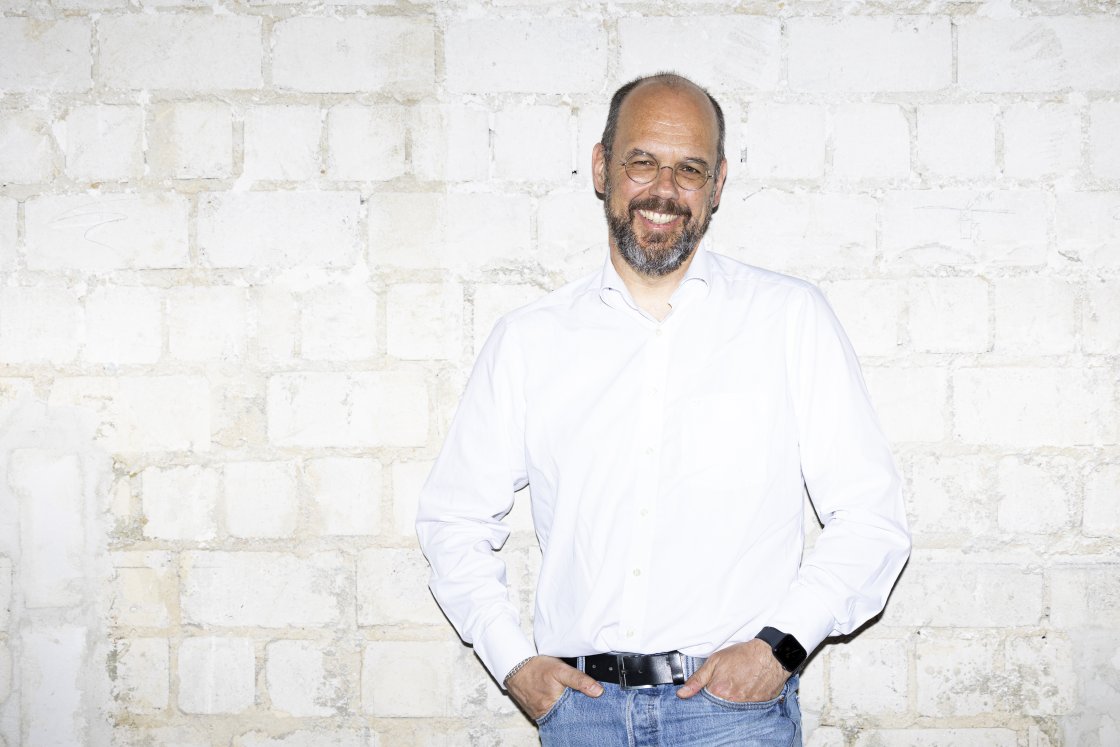
Tommaso Calarco
Is a quantum physicist and Director of the Peter Grünberg Institute for Quantum Control at Forschungszentrum Jülich, as well as Professor at the Universities of Cologne and Bologna. Renowned as a pioneer in applying optimal control to quantum systems, he co-authored the Quantum Manifesto that set the foundation for the EU’s Quantum Flagship, where he now chairs the Quantum Community Network. Alongside his scientific work, he is a co-founder of the European Quantum Industry Consortium and represents Italy in the G7 Working Group on Quantum Technologies.
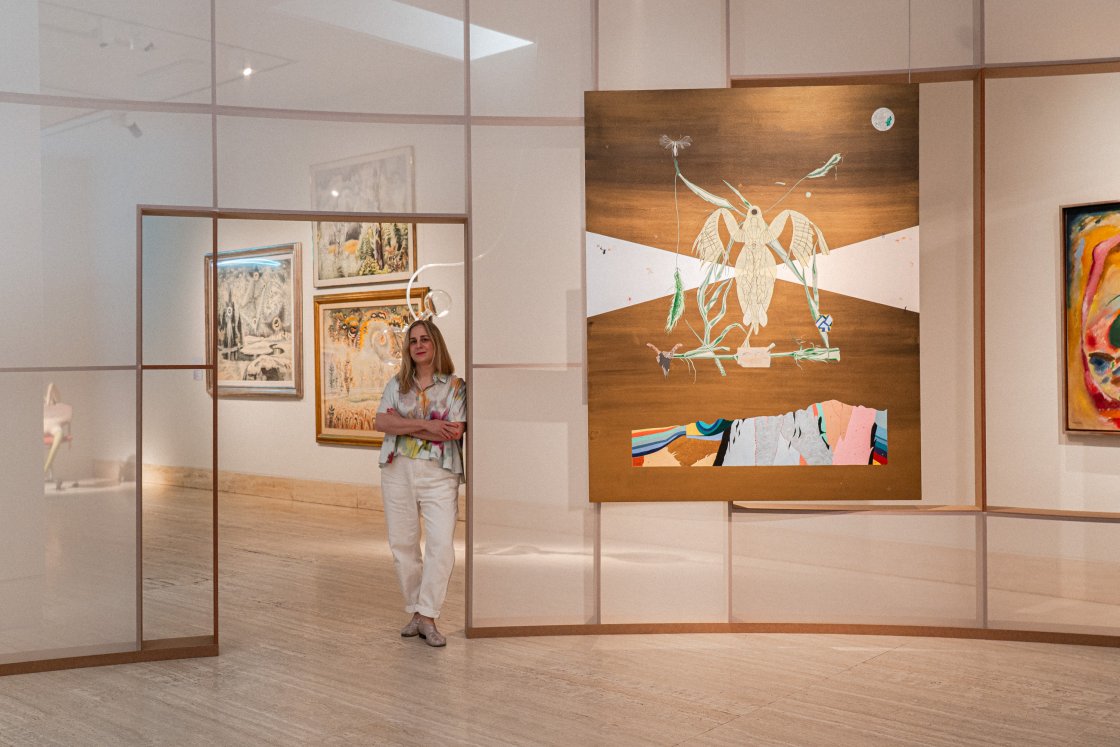
Marina Otero
Is an architect and researcher, and 2022 Wheelwright Prize laureate for her research on the spatial implications of data storage systems. She has been Director of Research at Het Nieuwe Instituut in Rotterdam and Head of the MA Social Design at Design Academy Eindhoven, and currently teaches at Harvard GSD and Columbia GSAPP. Her recent project Building for Quantum was shown at the 2025 Venice Architecture Biennale, examining the infrastructures demanded by quantum computing and their wider social and ecological stakes.
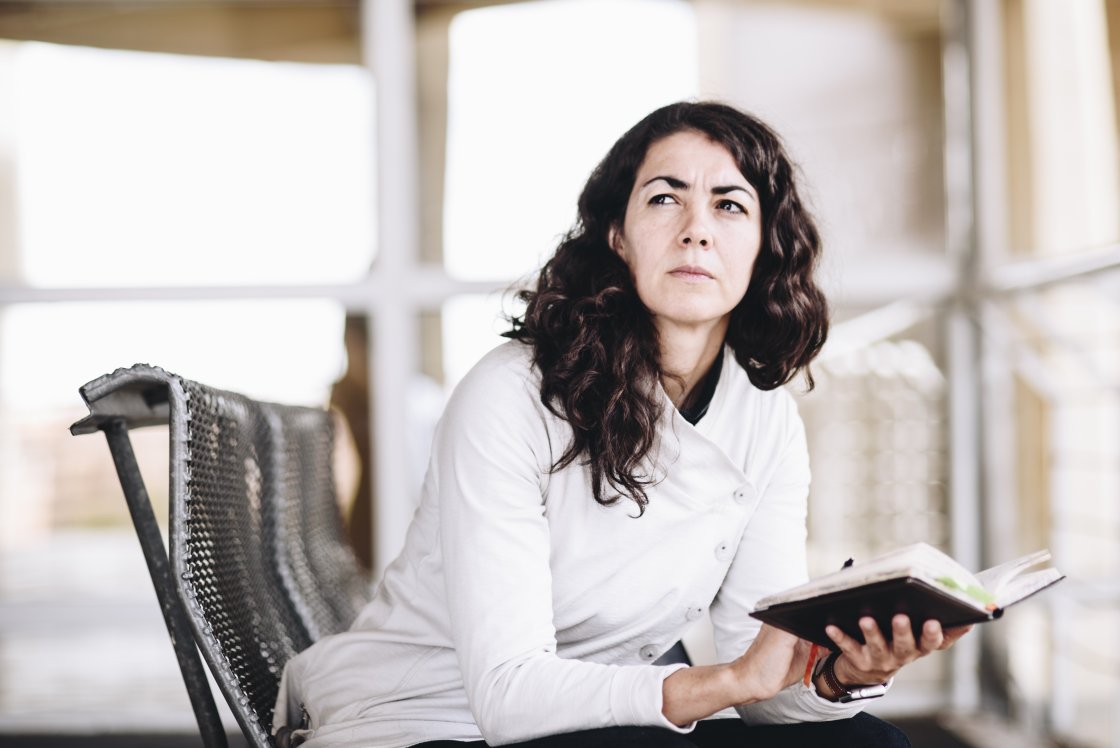
Ana Carrasco-Conde
Is a Professor of Philosophy at the Complutense University of Madrid. She specializes in German idealism, Romanticism, and Schelling, focusing her research on the “unspeakable” and the “unrepresentable,” such as evil, pain, and death. She has received awards including the Julián Sanz del Río Prize (2012) and the Eugenio Trías Essay Prize (2024), and is the author of books such as Infierno horizontal and Decir el mal.
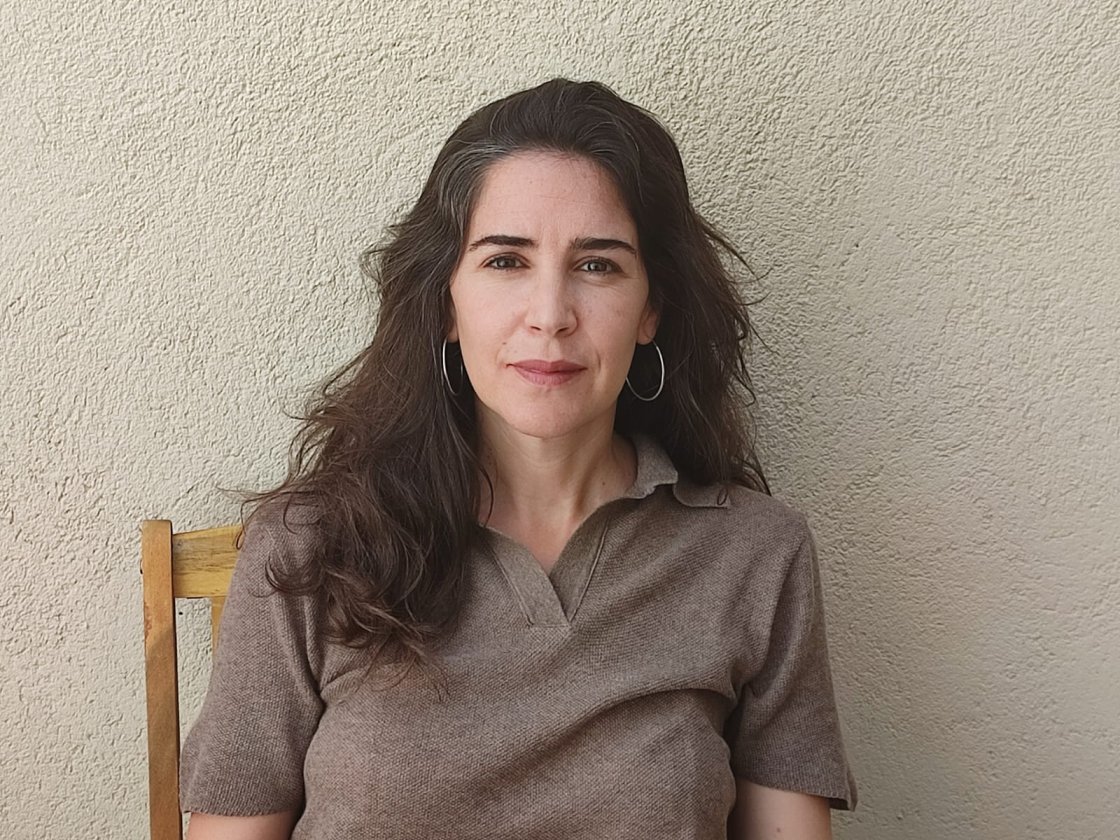
Cristina Catalina Gallego
Is an Assistant Professor in Philosophy and Society at the Complutense University of Madrid, specializing in Marxism, feminism, Critical Theory, and Foucault. She is the author of Pastorado, derecho y escatología (2020) and numerous articles and book chapters. She is a member of SECT and research groups on contemporary history and aesthetics, serves as editorial secretary of Res Publica, and leads a teaching project on the history of capitalism through cultural and artistic sources.
Haris Papoulias
Is a Professor of Aesthetics at the Complutense University of Madrid, specializing in the reception of ancient and Byzantine aesthetics and the ontology of the image. He has published Iconoclastia Endogena (2019) and the annotated edition of Longinus’ On the Sublime (2022). He is currently preparing annotated editions of Plotinus’ Enneads on Beauty (2025) and an intellectual history of iconoclasm (2026).
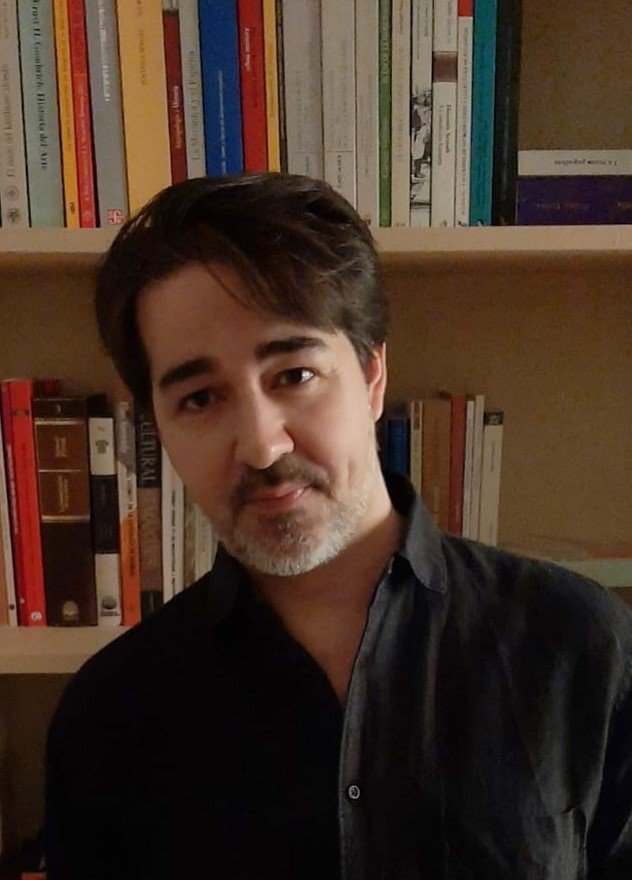
César Ruiz Sanjuan
Is a Full Professor of Philosophy at the Complutense University of Madrid, specializing in political and social philosophy. He is the author of Historia y sistema en Marx (2019) and numerous academic articles. His current research focuses on the Anthropocene and the role of aesthetics in transforming subjectivity in response to the ecosocial crisis. He is a member of UCM’s Contemporary Aesthetics Research Group.
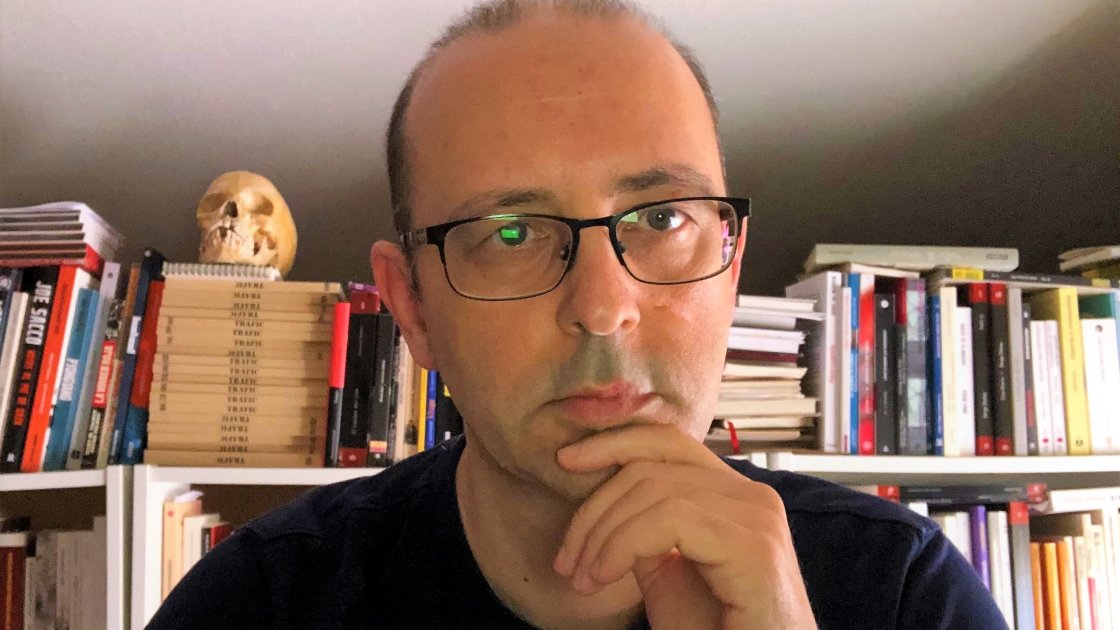
Antonio Rivera García
Is a Full Professor in the area of Aesthetics and Theory of the Arts. He is currently the director of the UCM research group “Contemporary Aesthetics: Art, Politics and Society,” and Principal Investigator of the project “Aesthetics and the Digital Transformation of Society” (PID2023-149638OB-I00). His latest book is titled The Cruelty of Images: Aesthetics and Politics of Cinema. His research focuses on the history of political ideas and concepts, as well as on contemporary aesthetics.
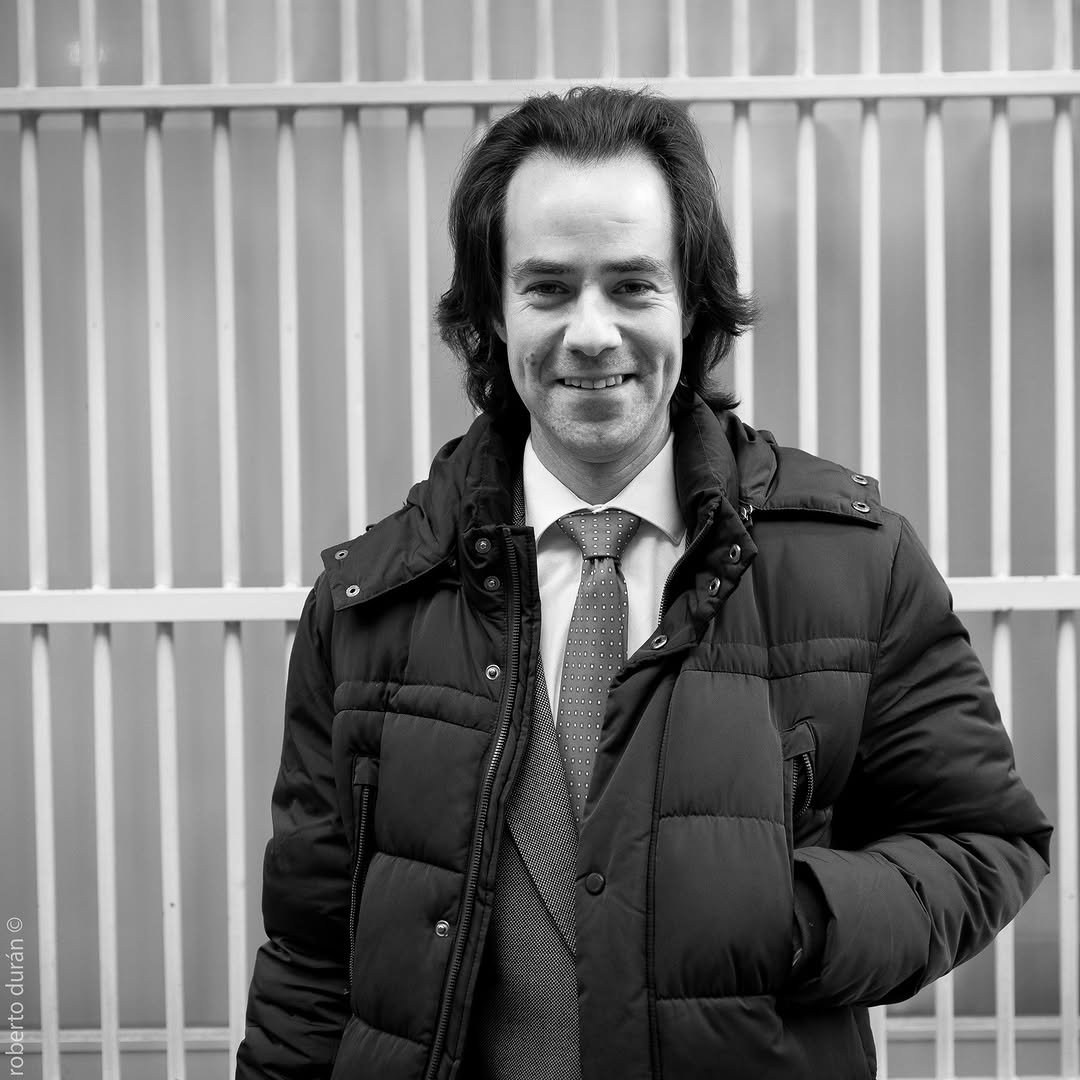
Nemesio García-Carril Puy
Is a Ramón y Cajal Researcher at the Complutense University and coordinator of the European Network for the Philosophy of Music. His work centers on contemporary aesthetics and the philosophy of music, with research recognized by prestigious academic societies. He is Principal Investigator of a project on artistic rights and appropriation. He also has a notable career as a musician, with seven albums and over 20 premieres. In parallel, he performs with various ensembles and, together with Antonio Rivera, co-directs the Complutense University transfer project The Thyssen Museum and the Challenges of the 21st Century: A Platform for Debate’.
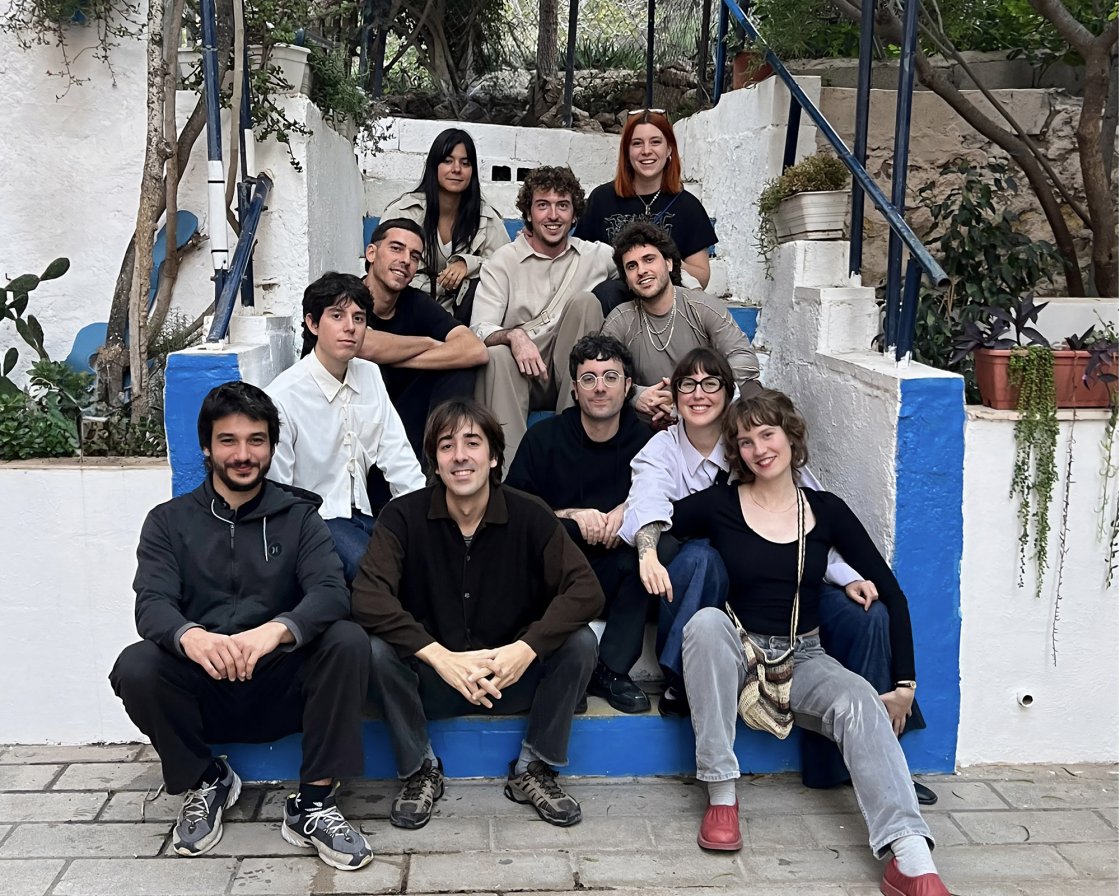
La cuarta piel
Is a collective that combines artistic research, design, and cultural mediation, founded in Alicante in 2020. Their work explores new ecosocial relationships emerging within contemporary landscapes. Through situated processes, they aim to foster a new ecological sensitivity that inspires collective reflection and enjoyment. Their projects have been showcased at institutions such as the Mayrit Design Biennial and La Casa Encendida in Madrid, Arts Santa Mònica and the Grec Festival in Barcelona, and both the Centre del Carme Cultura Contemporània and the IVAM in València. Their innovative work has also earned recognition and awards from the FAD Foundation, Arquia Innova and the Ibero-American Architecture Biennial.
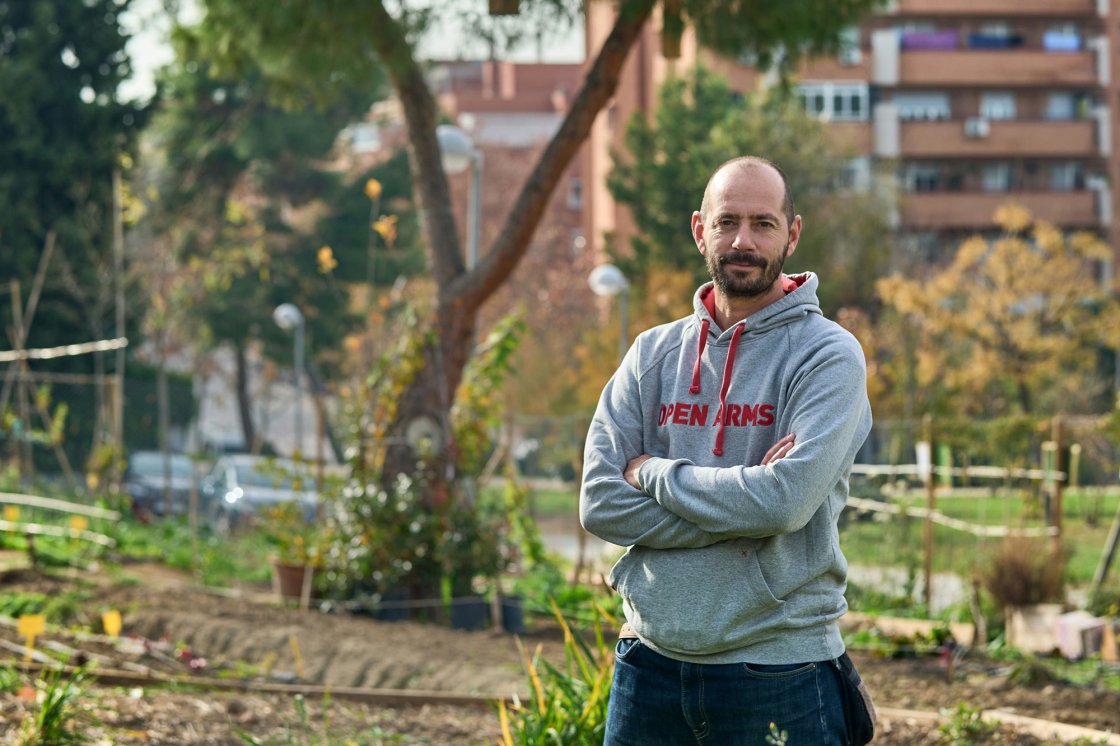
La cuarta piel
Is a collective that combines artistic research, design, and cultural mediation, founded in Alicante in 2020. Their work explores new ecosocial relationships emerging within contemporary landscapes. Through situated processes, they aim to foster a new ecological sensitivity that inspires collective reflection and enjoyment. Their projects have been showcased at institutions such as the Mayrit Design Biennial and La Casa Encendida in Madrid, Arts Santa Mònica and the Grec Festival in Barcelona, and both the Centre del Carme Cultura Contemporània and the IVAM in València. Their innovative work has also earned recognition and awards from the FAD Foundation, Arquia Innova and the Ibero-American Architecture Biennial.
